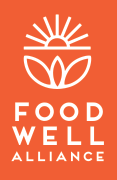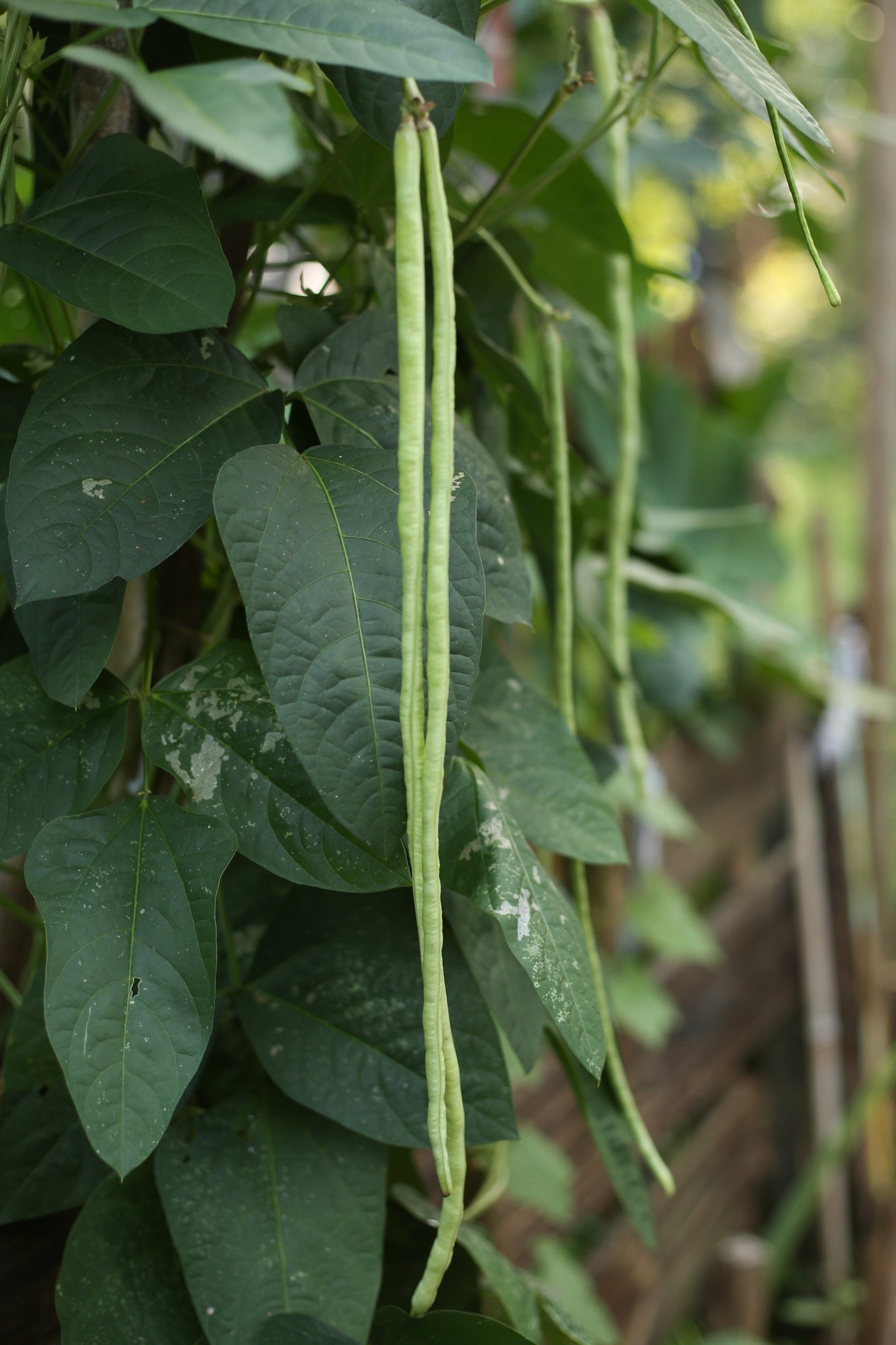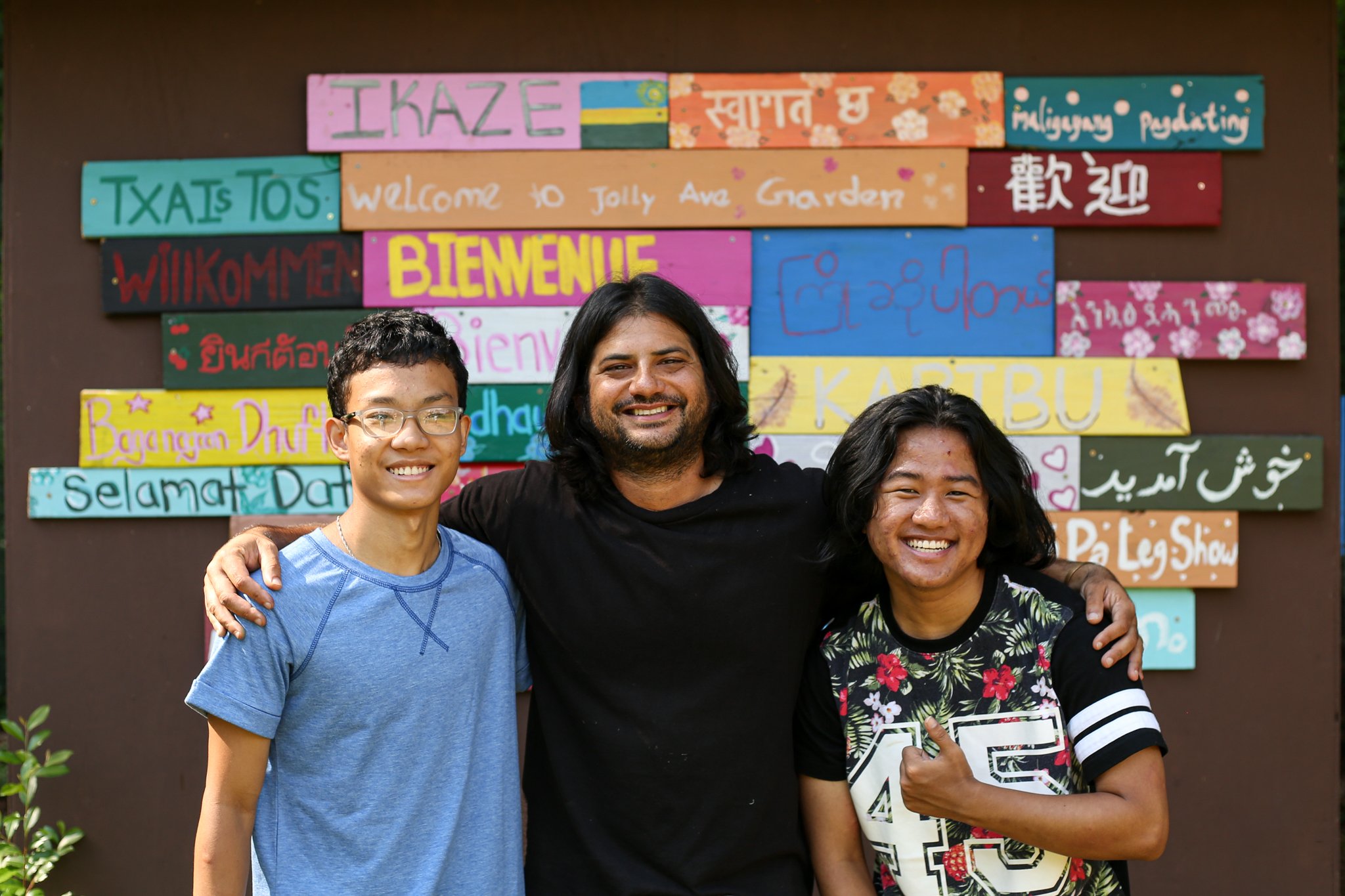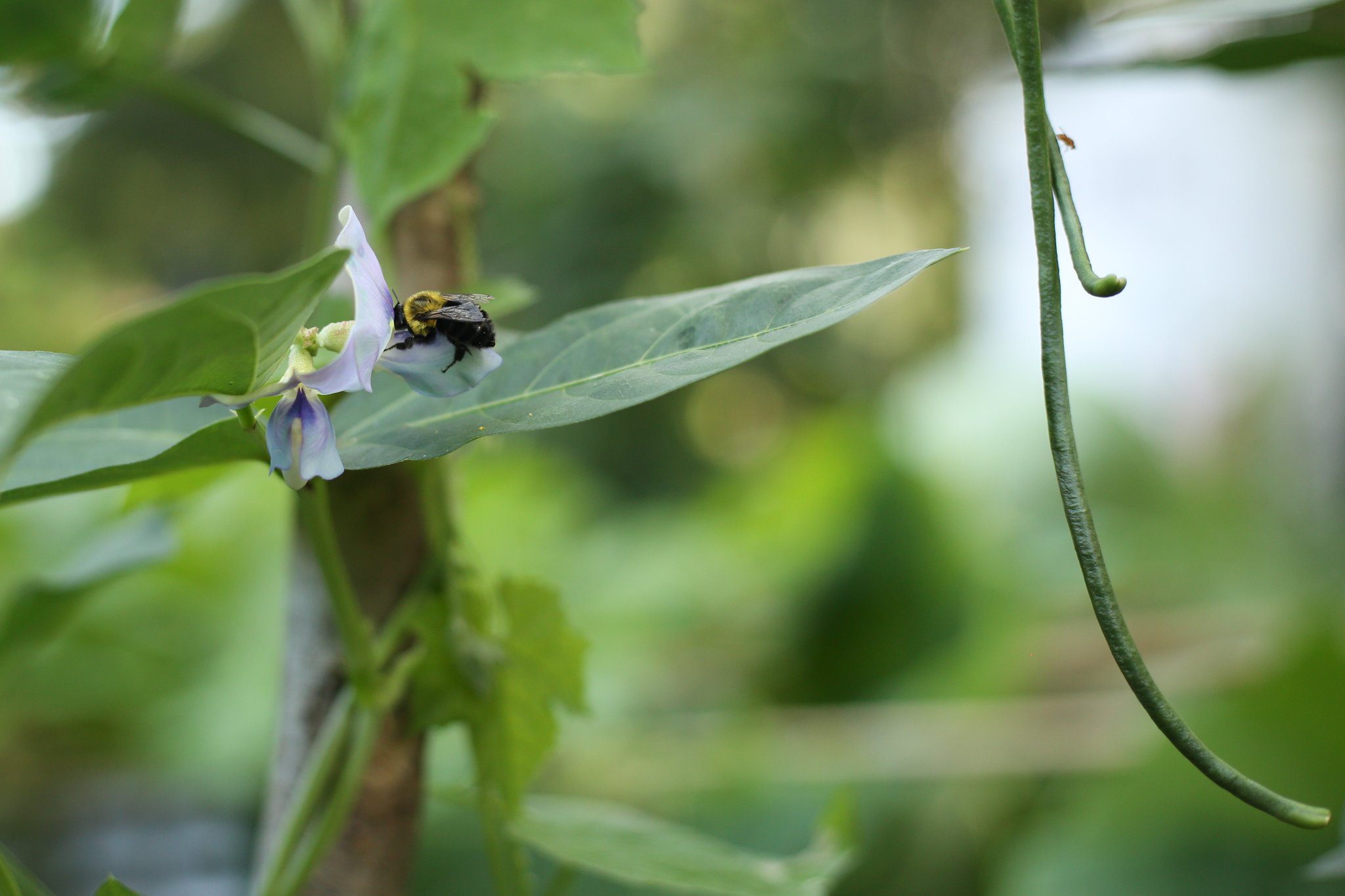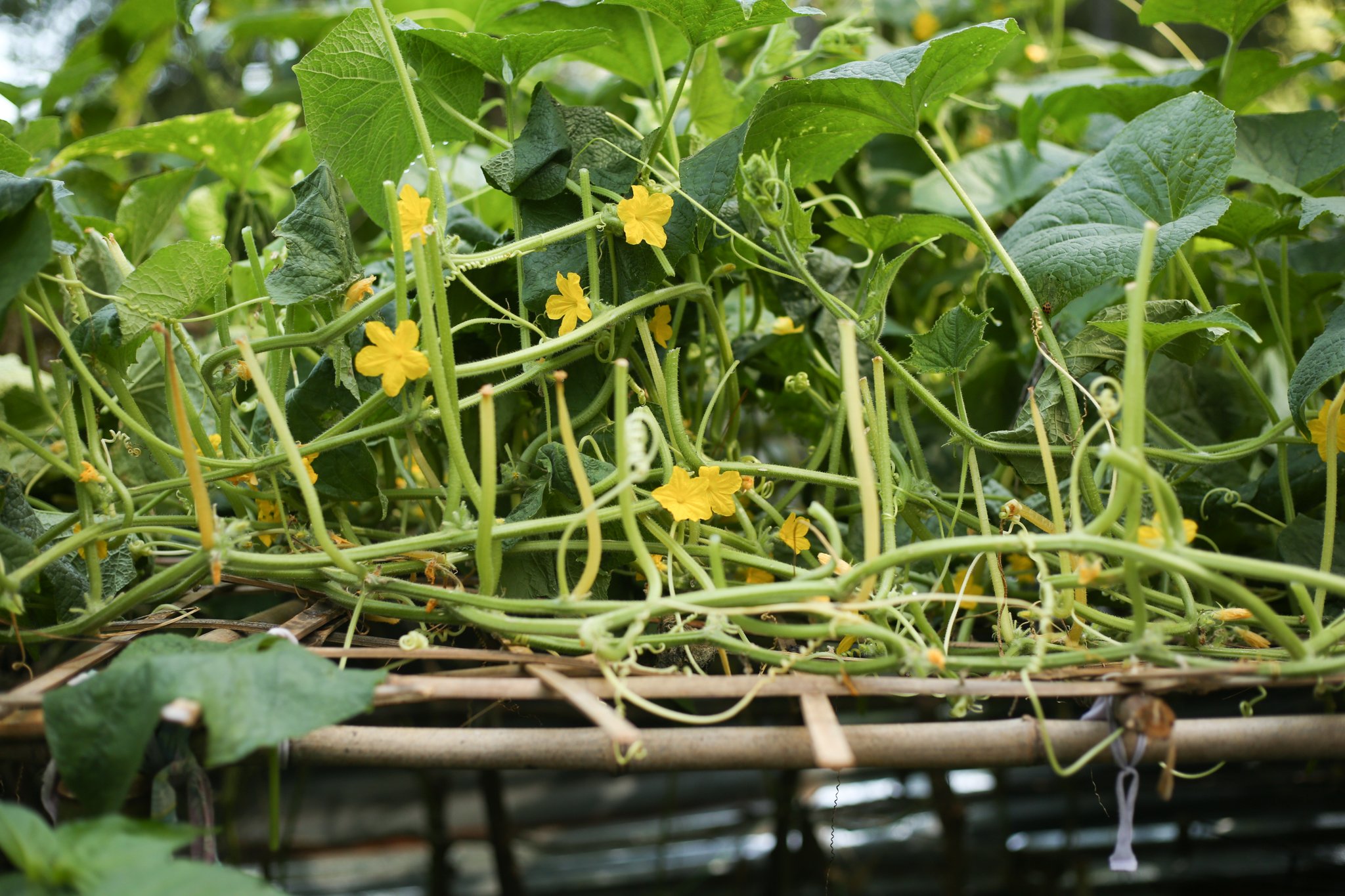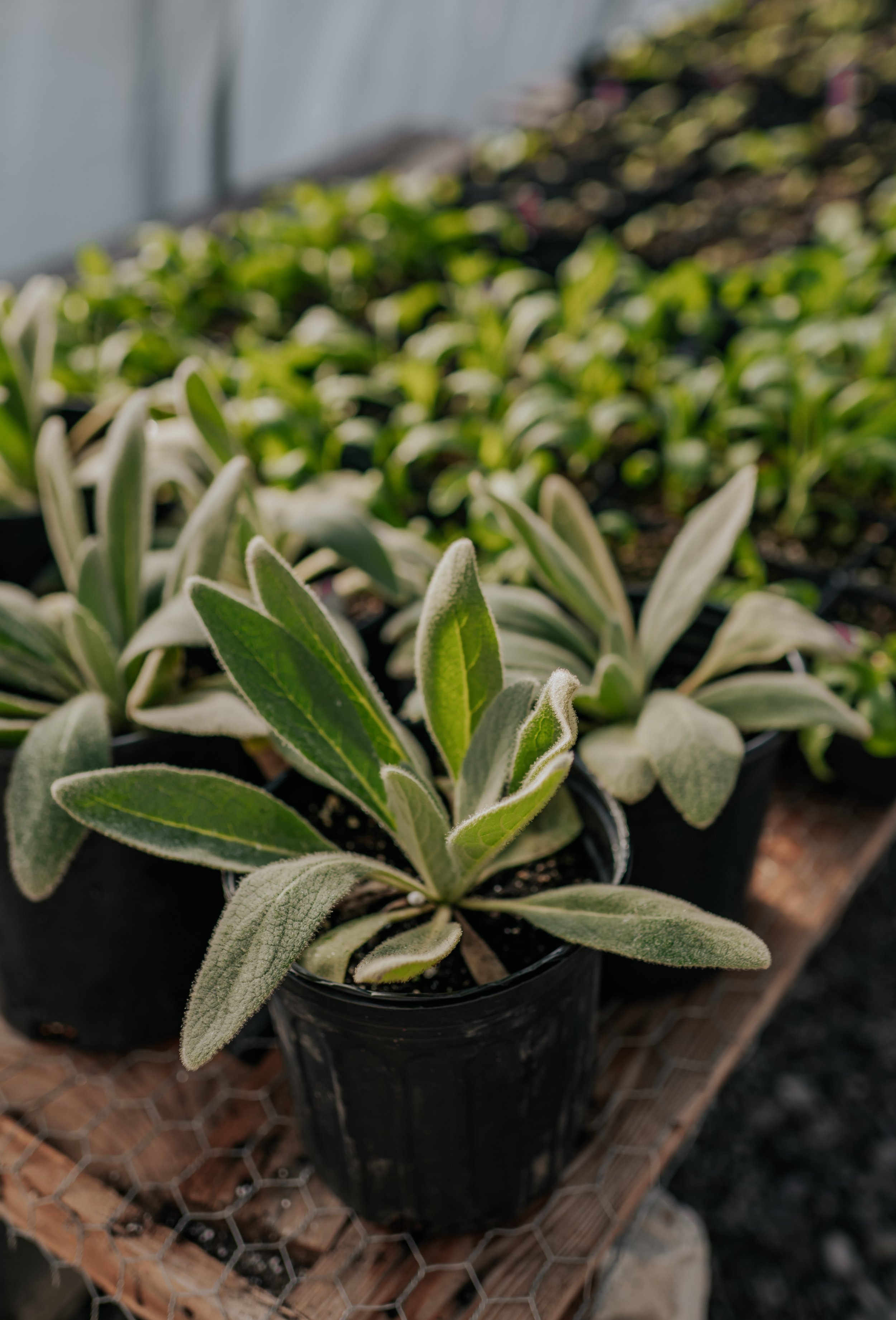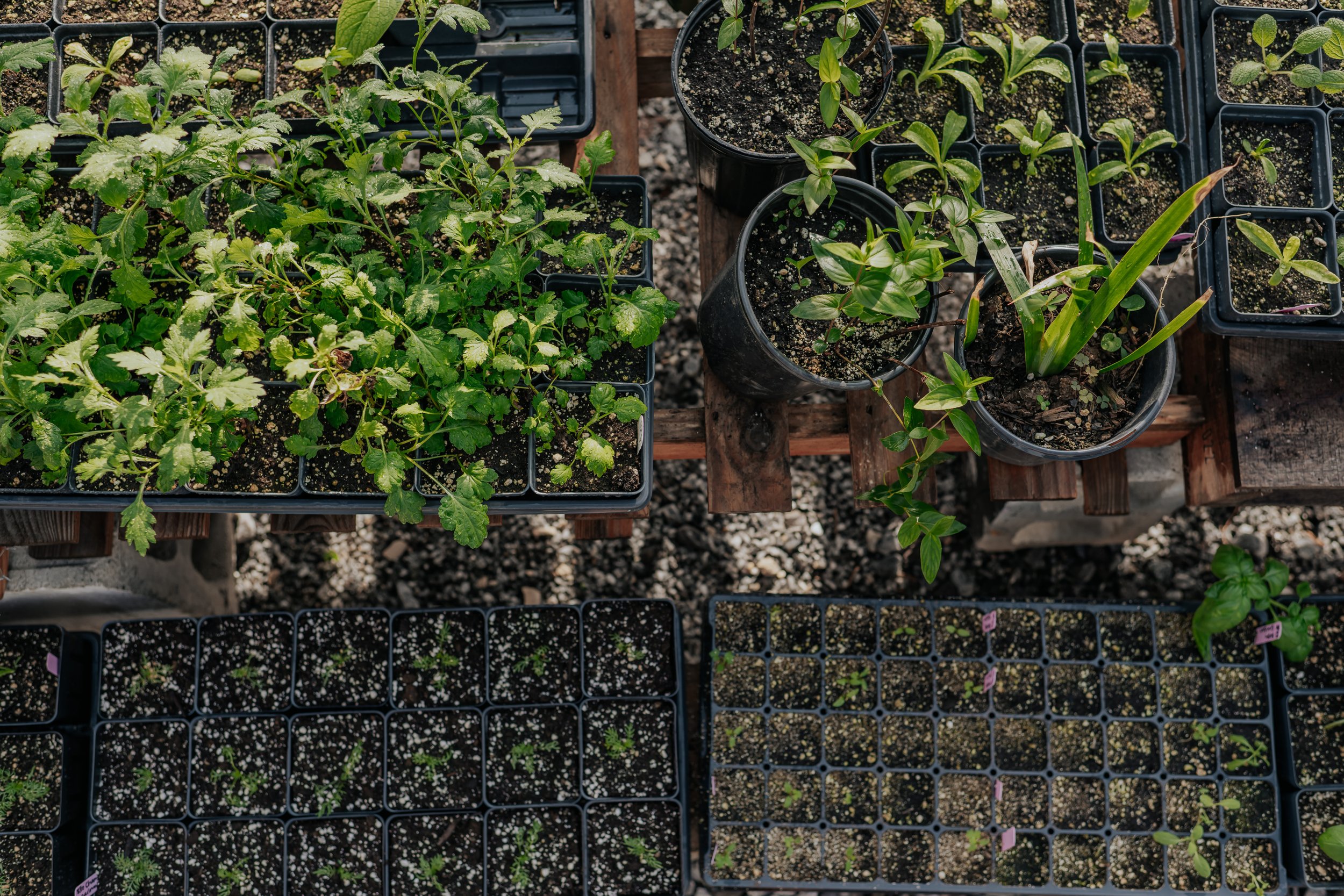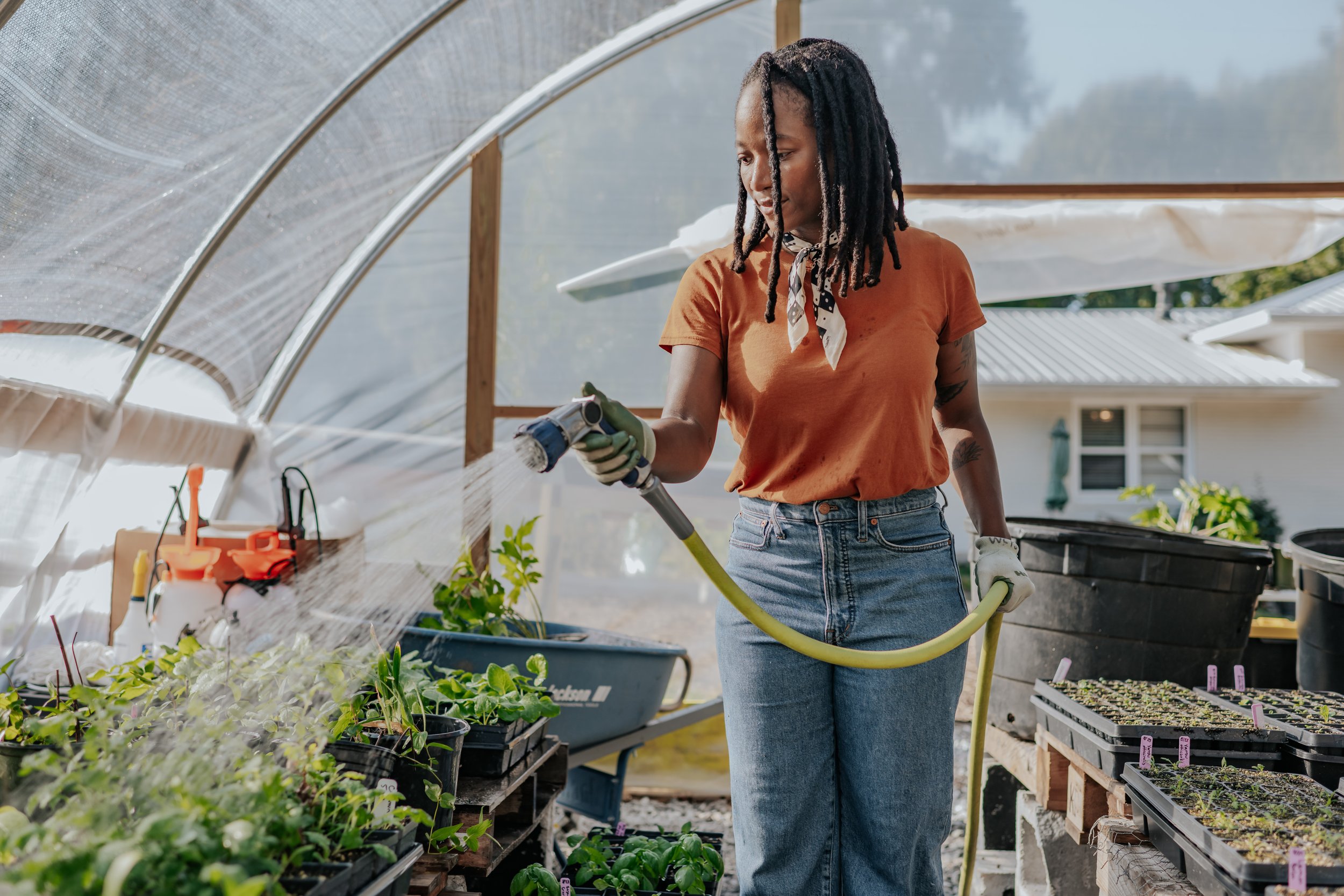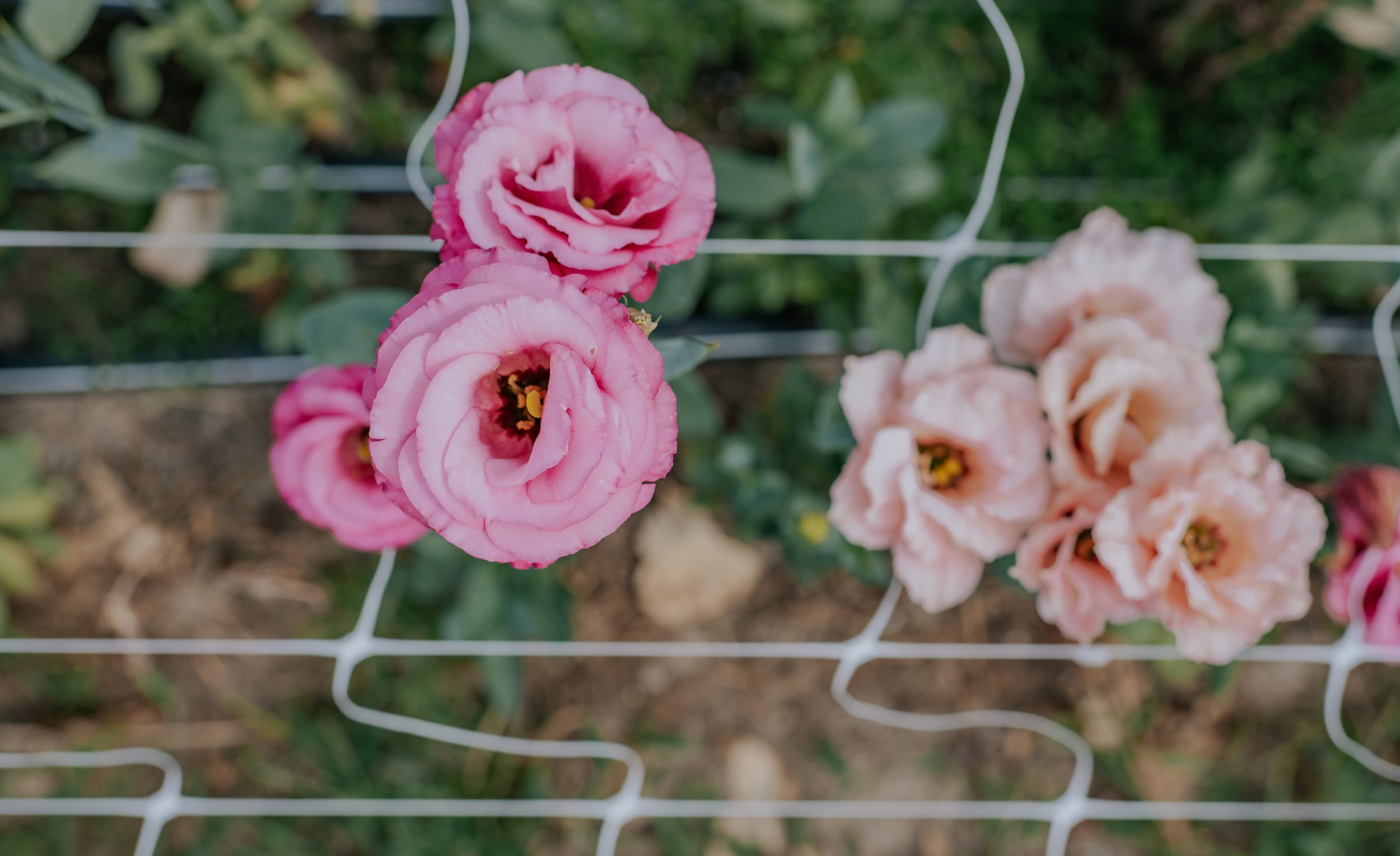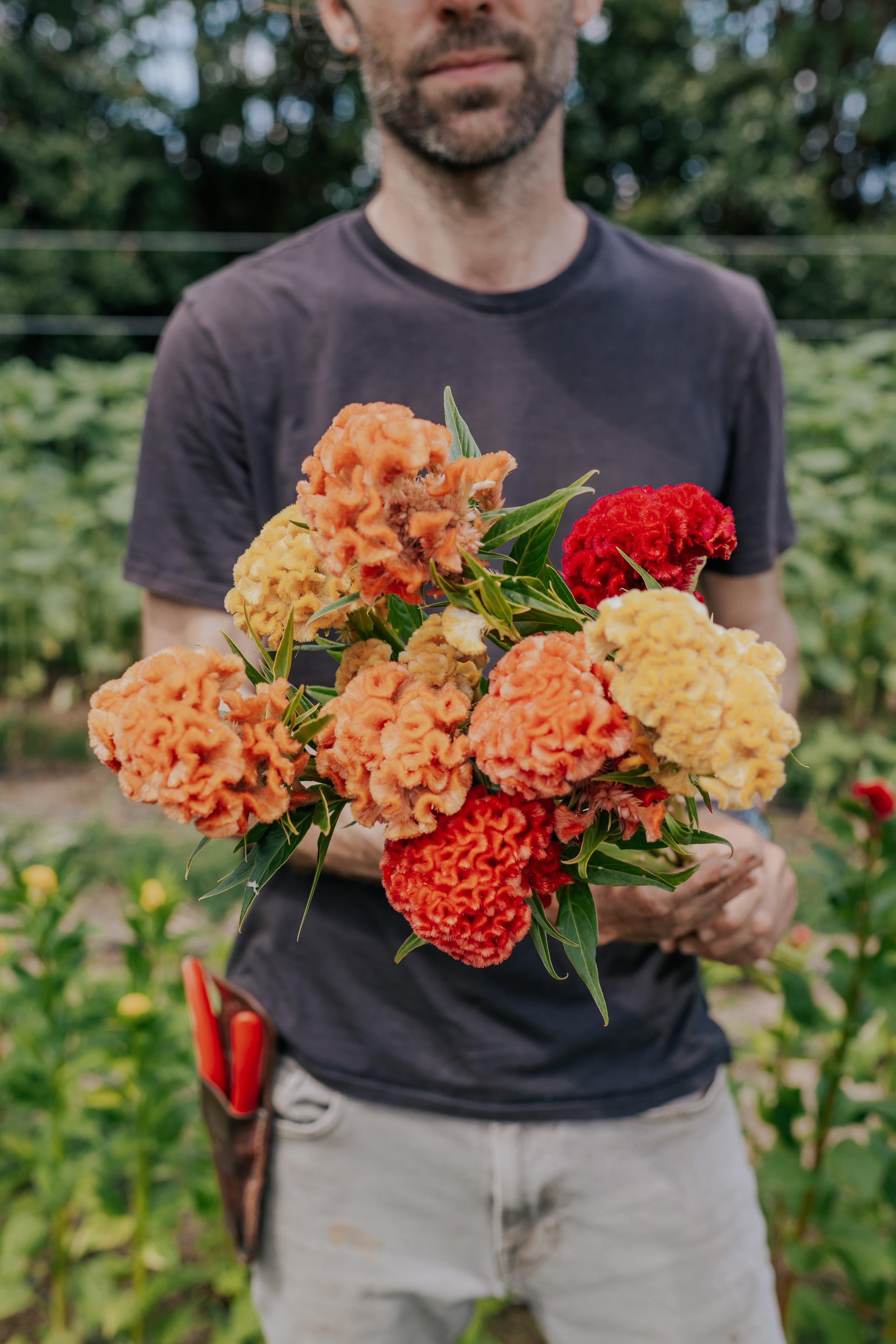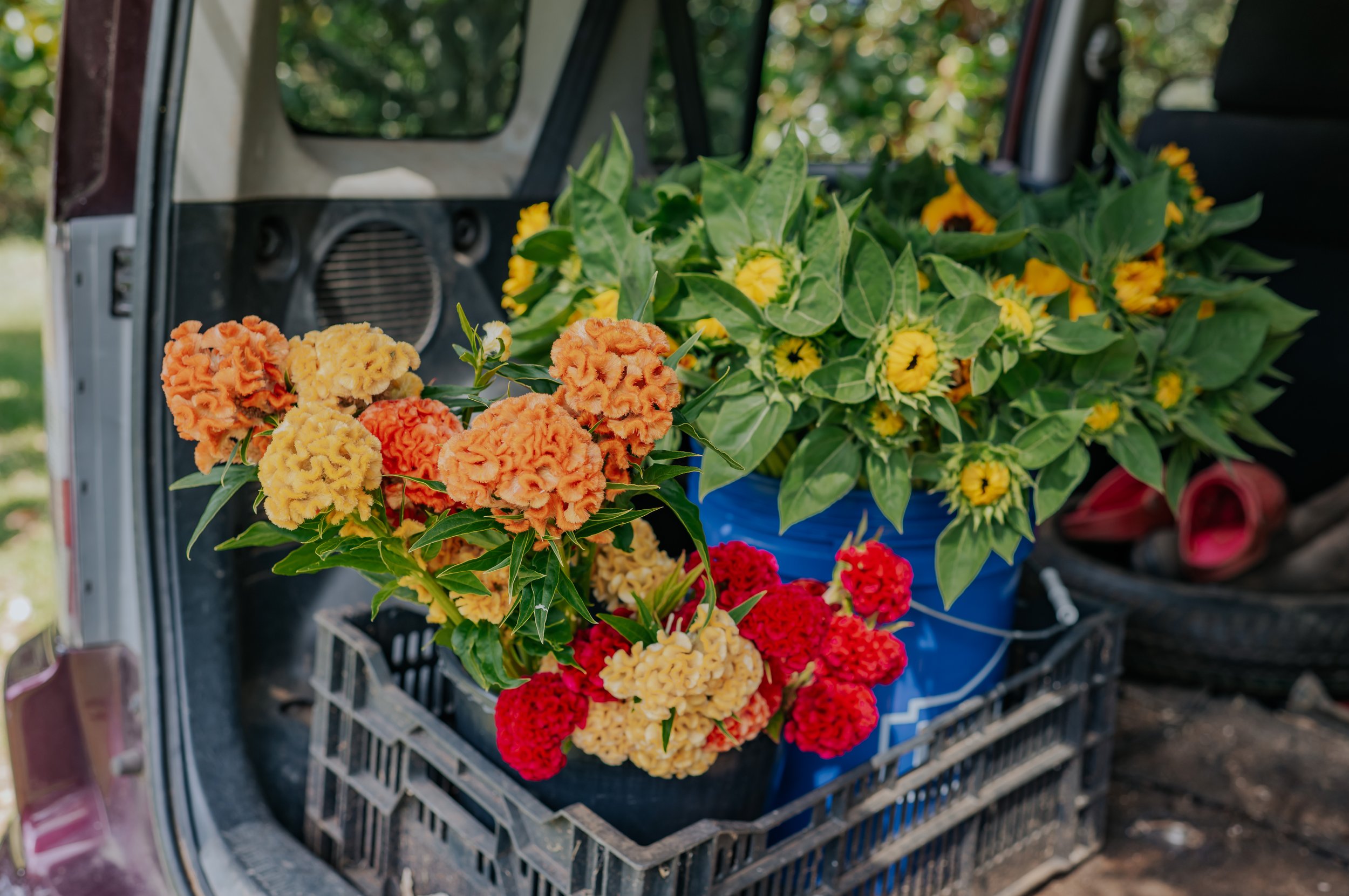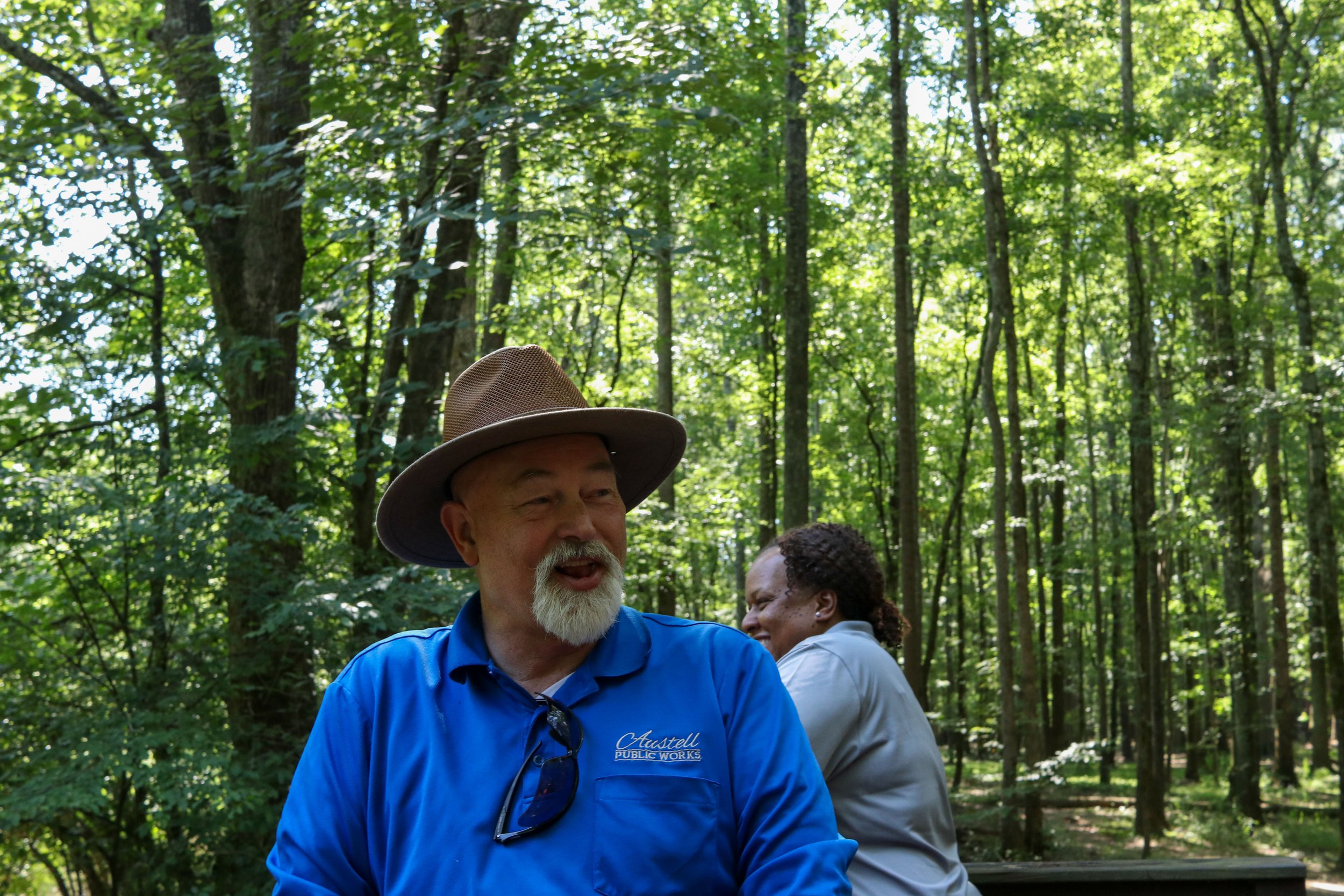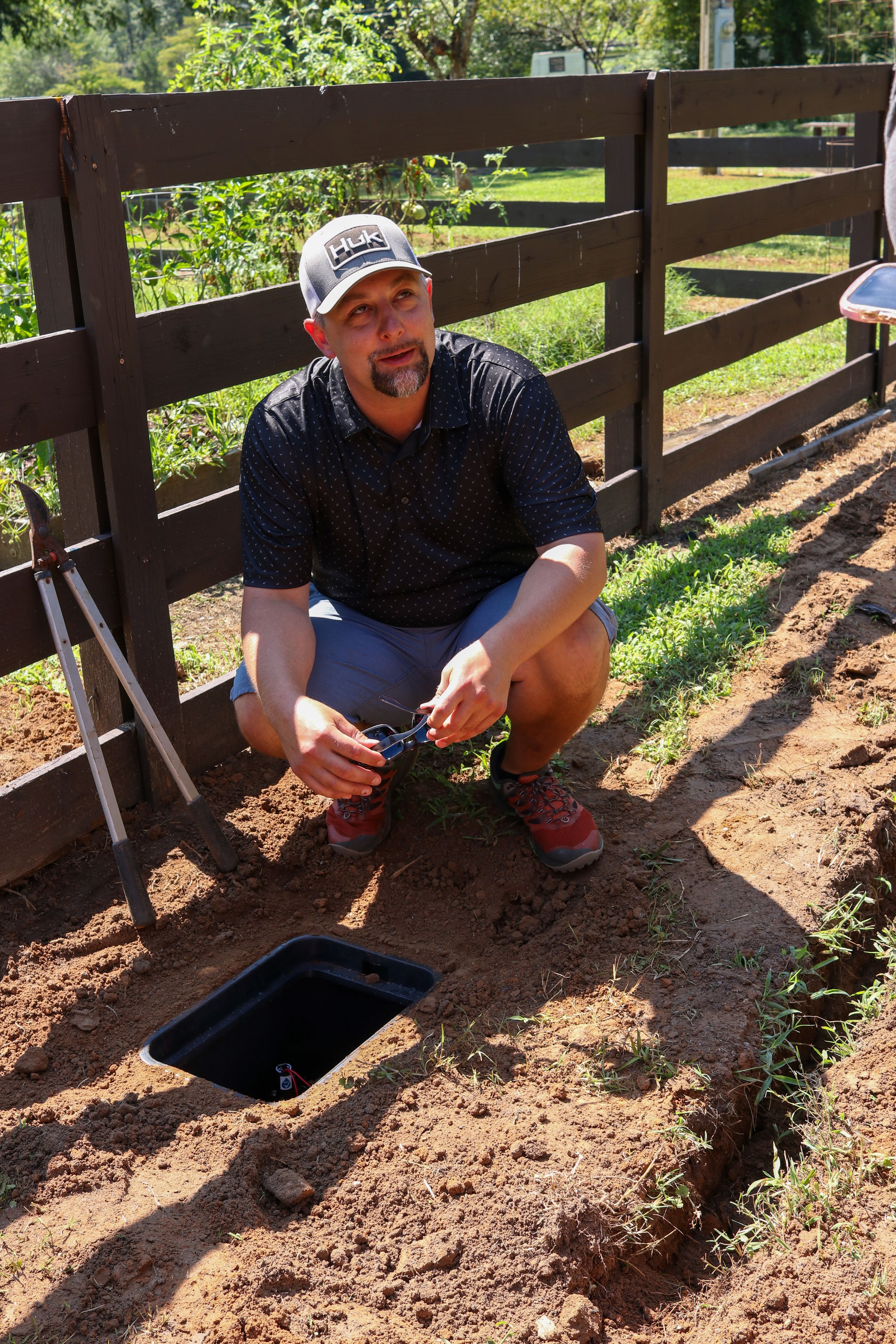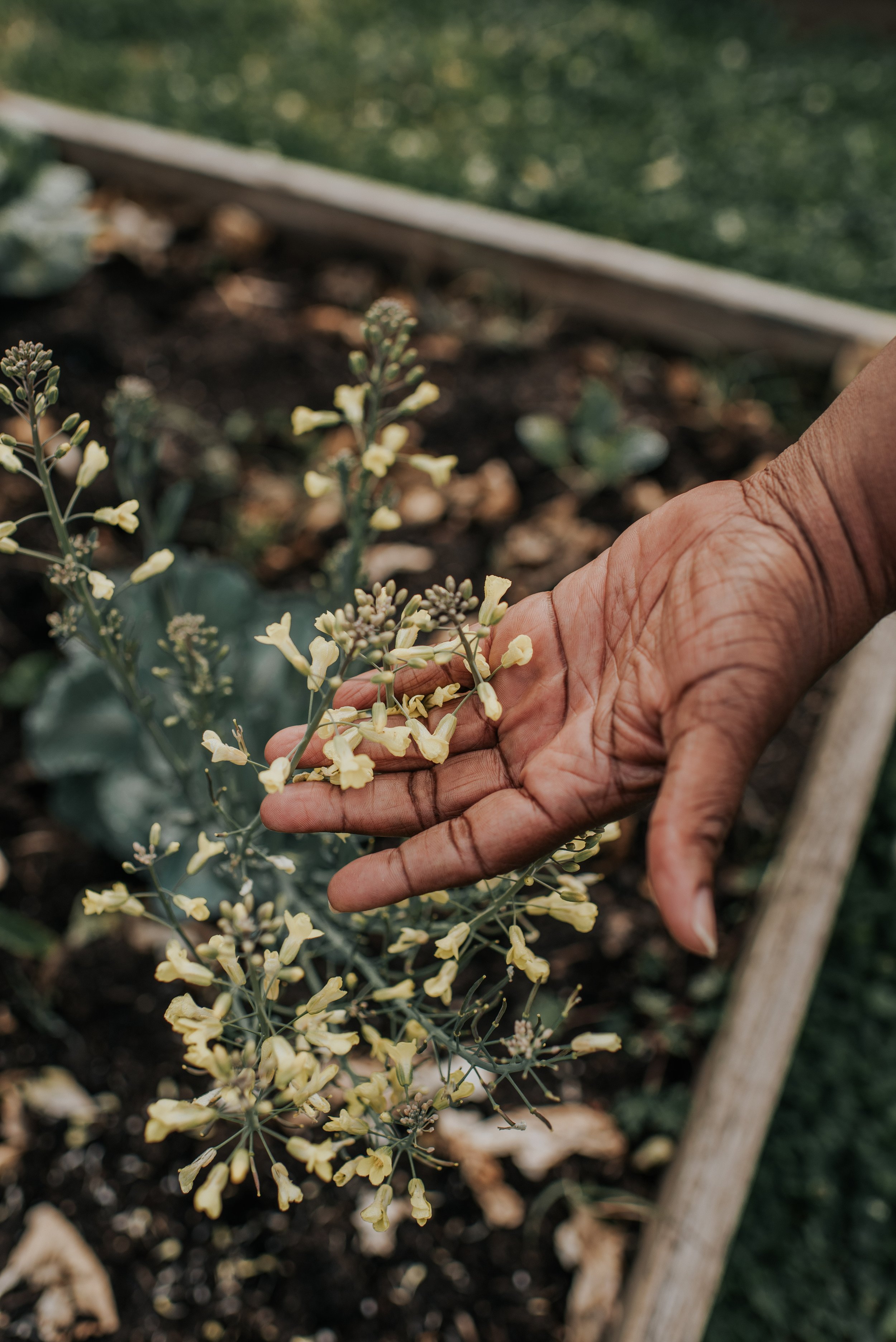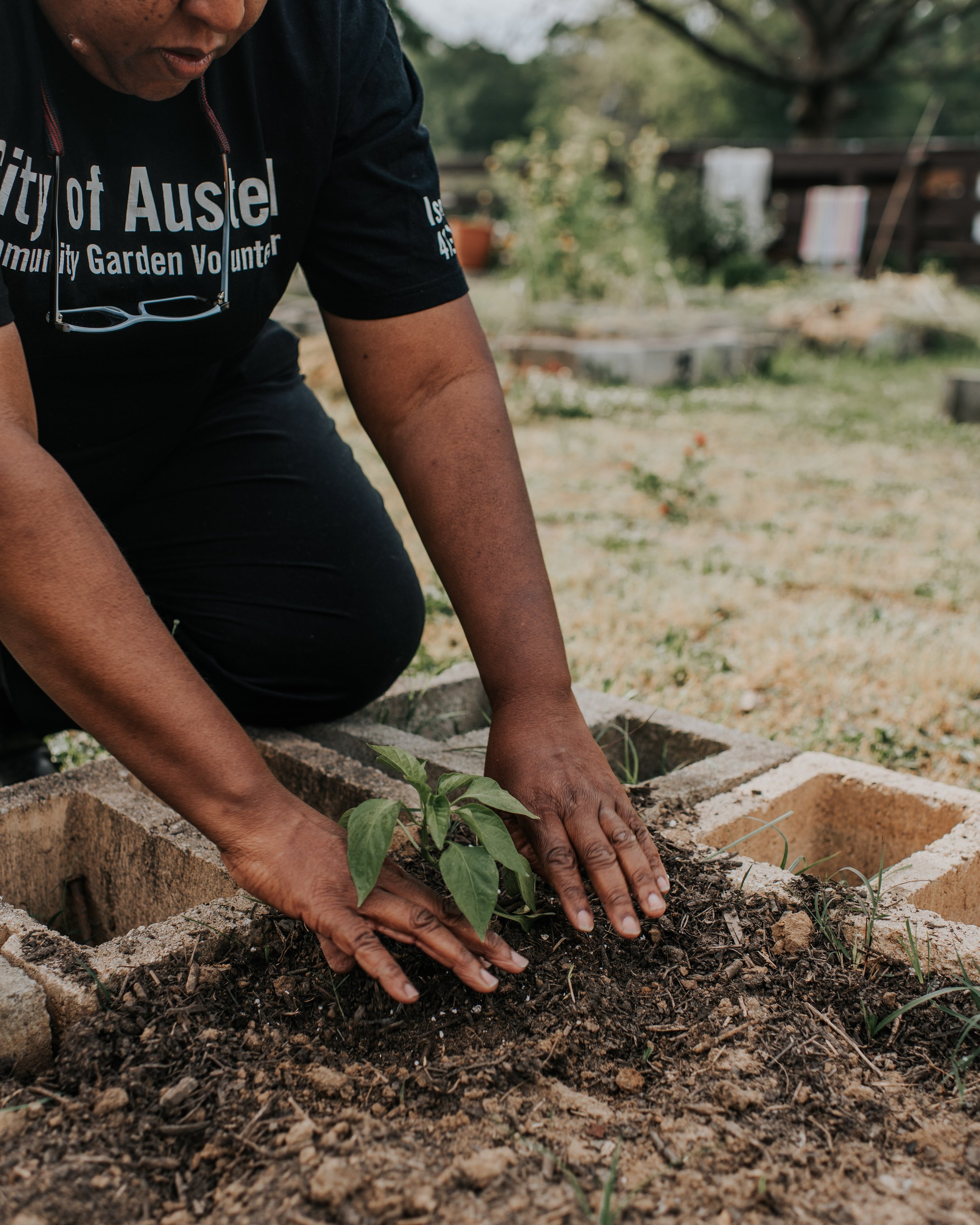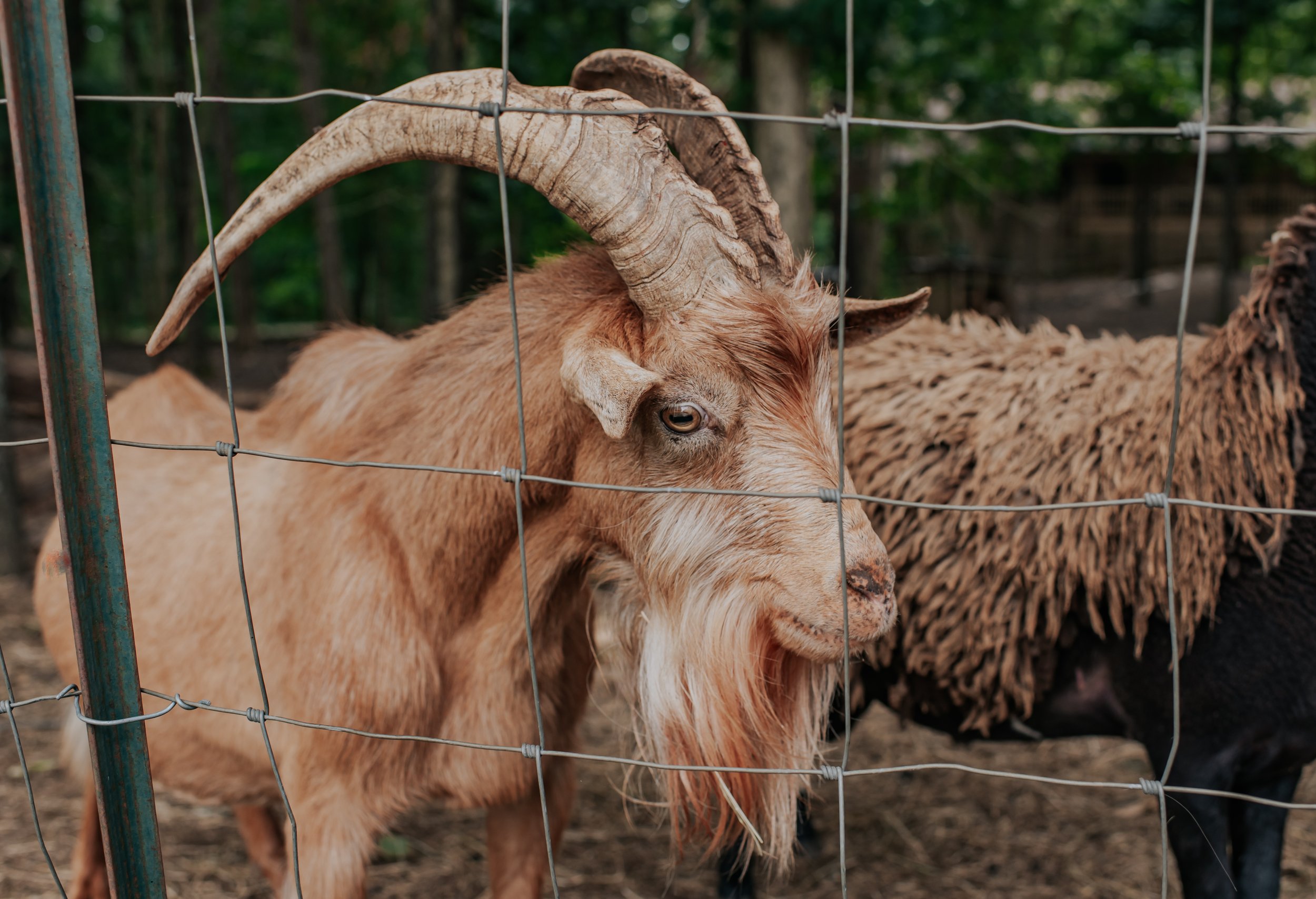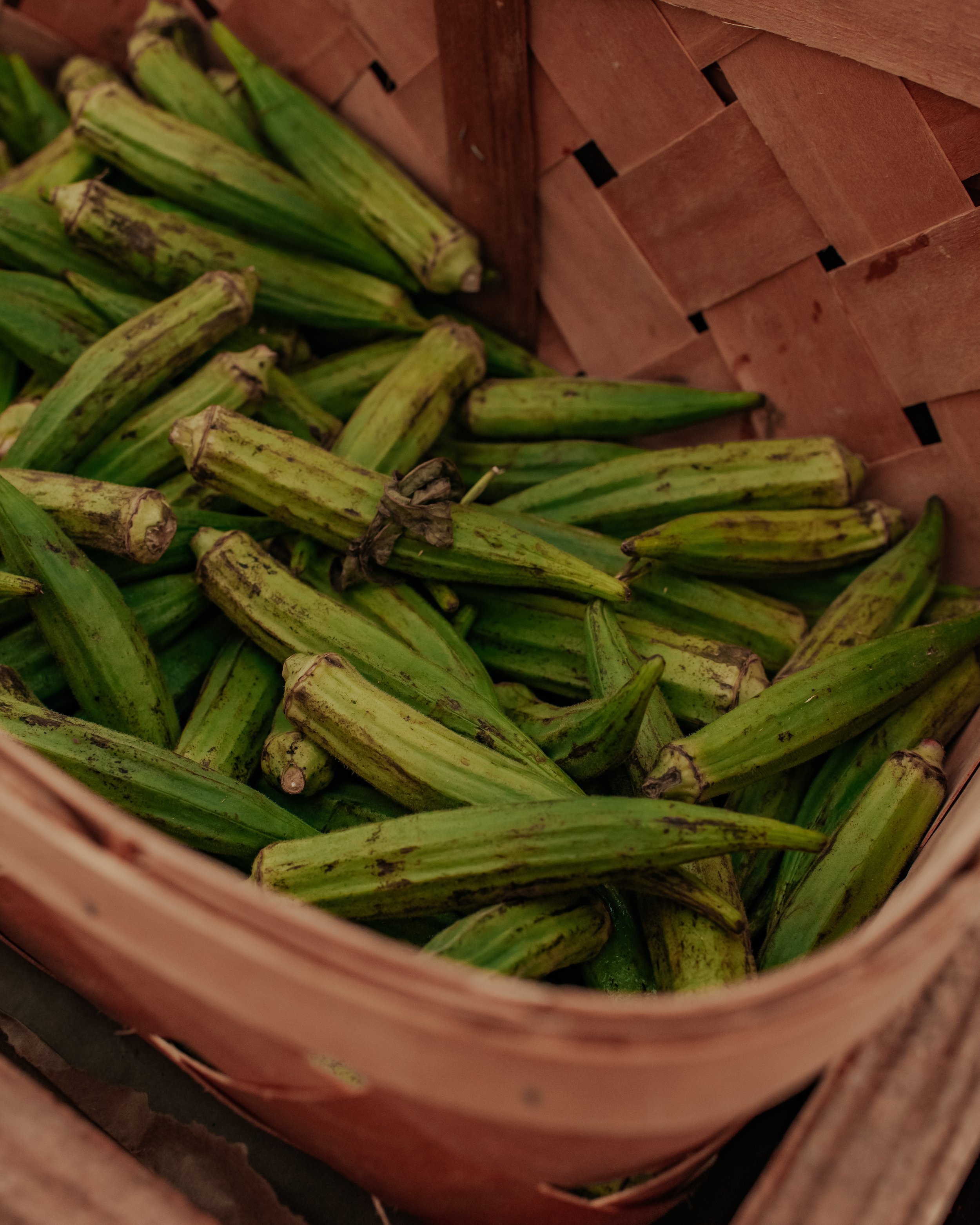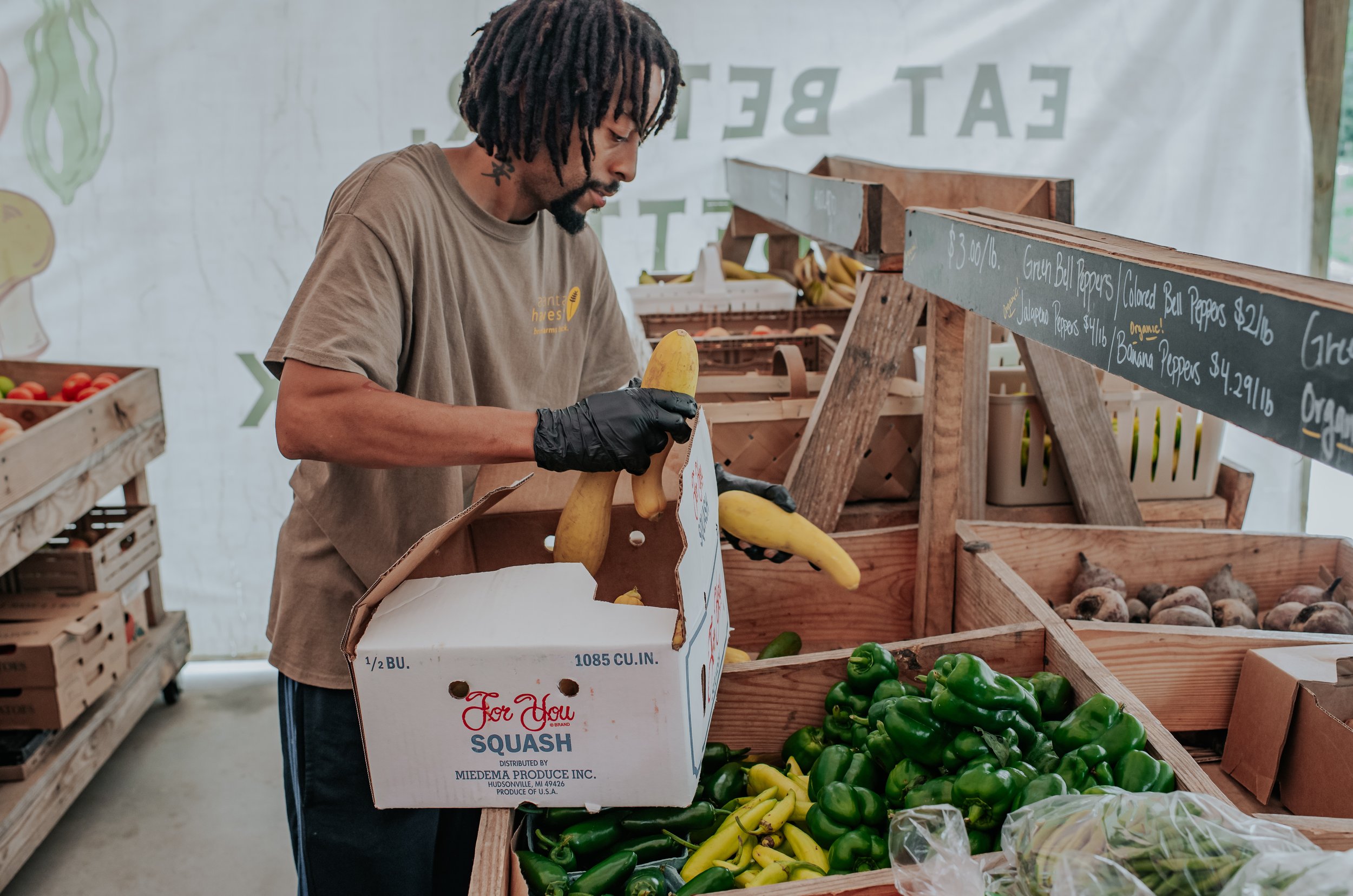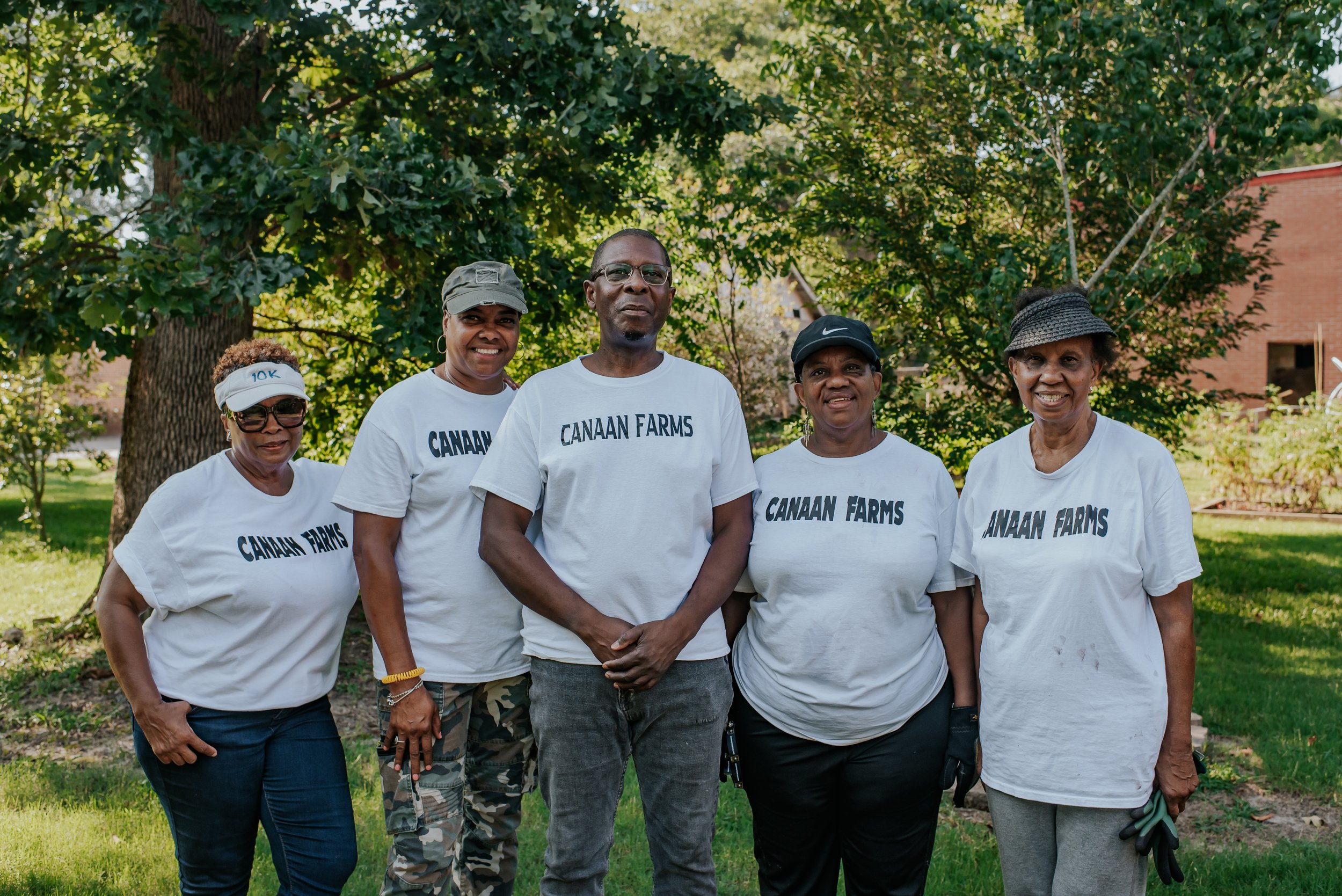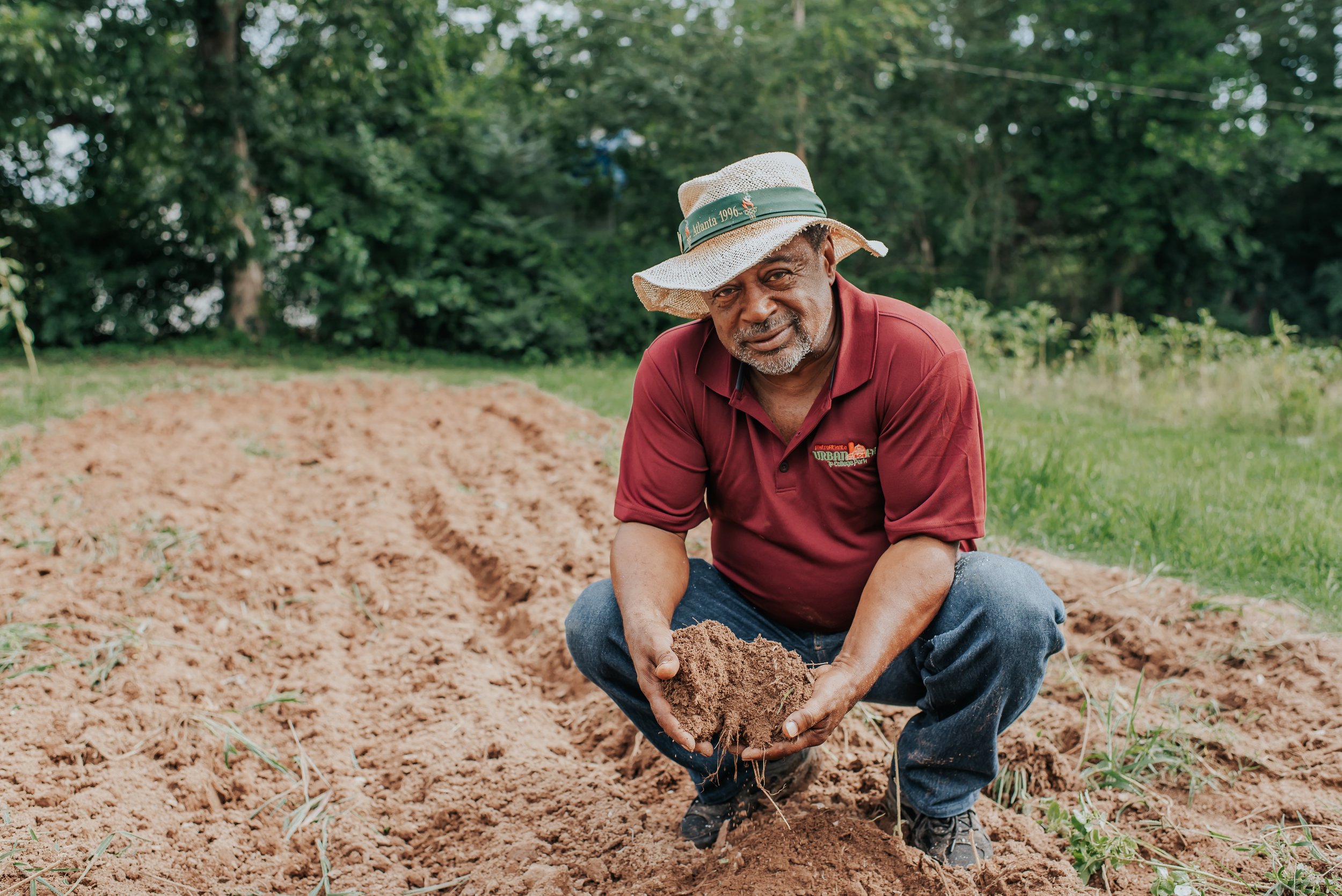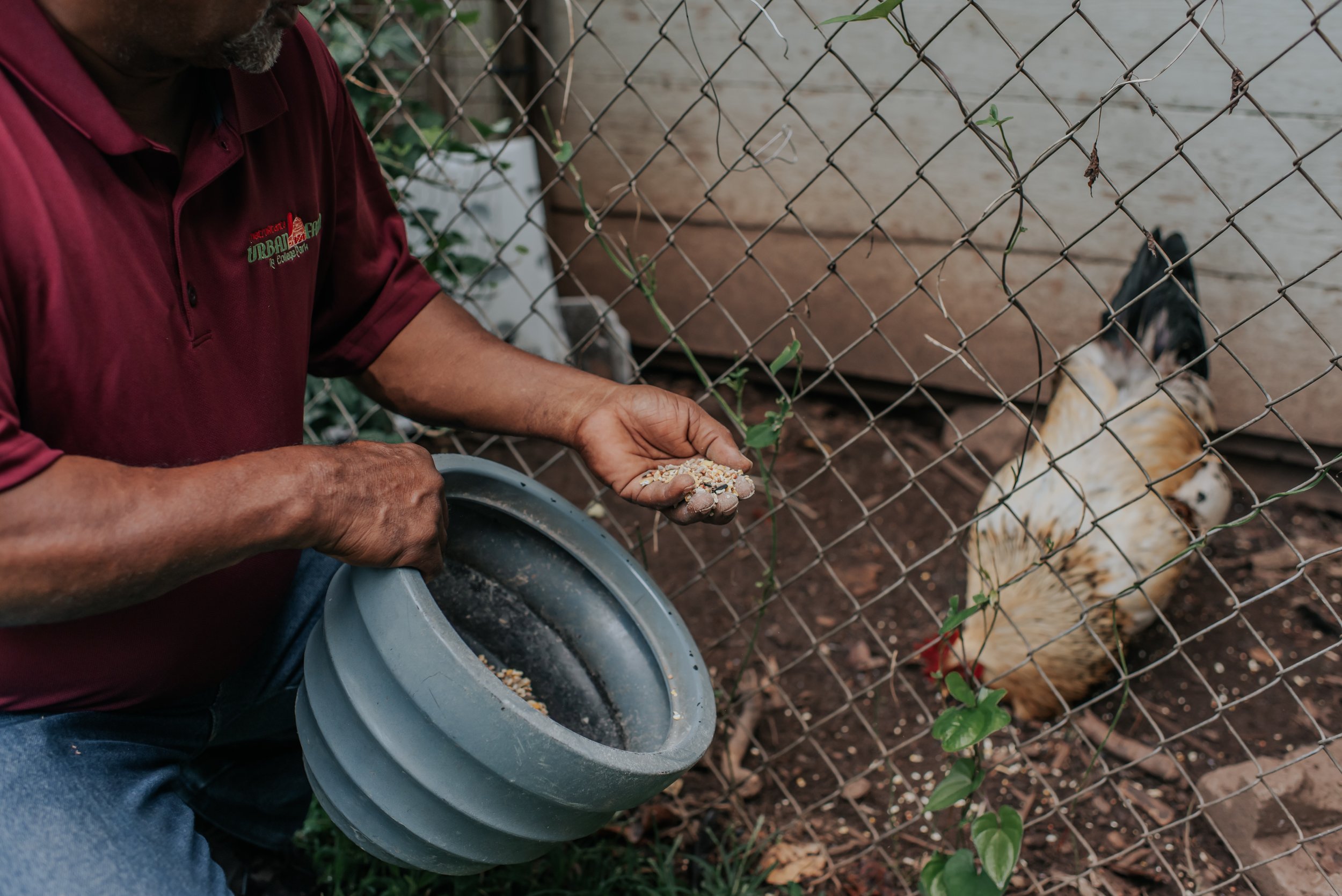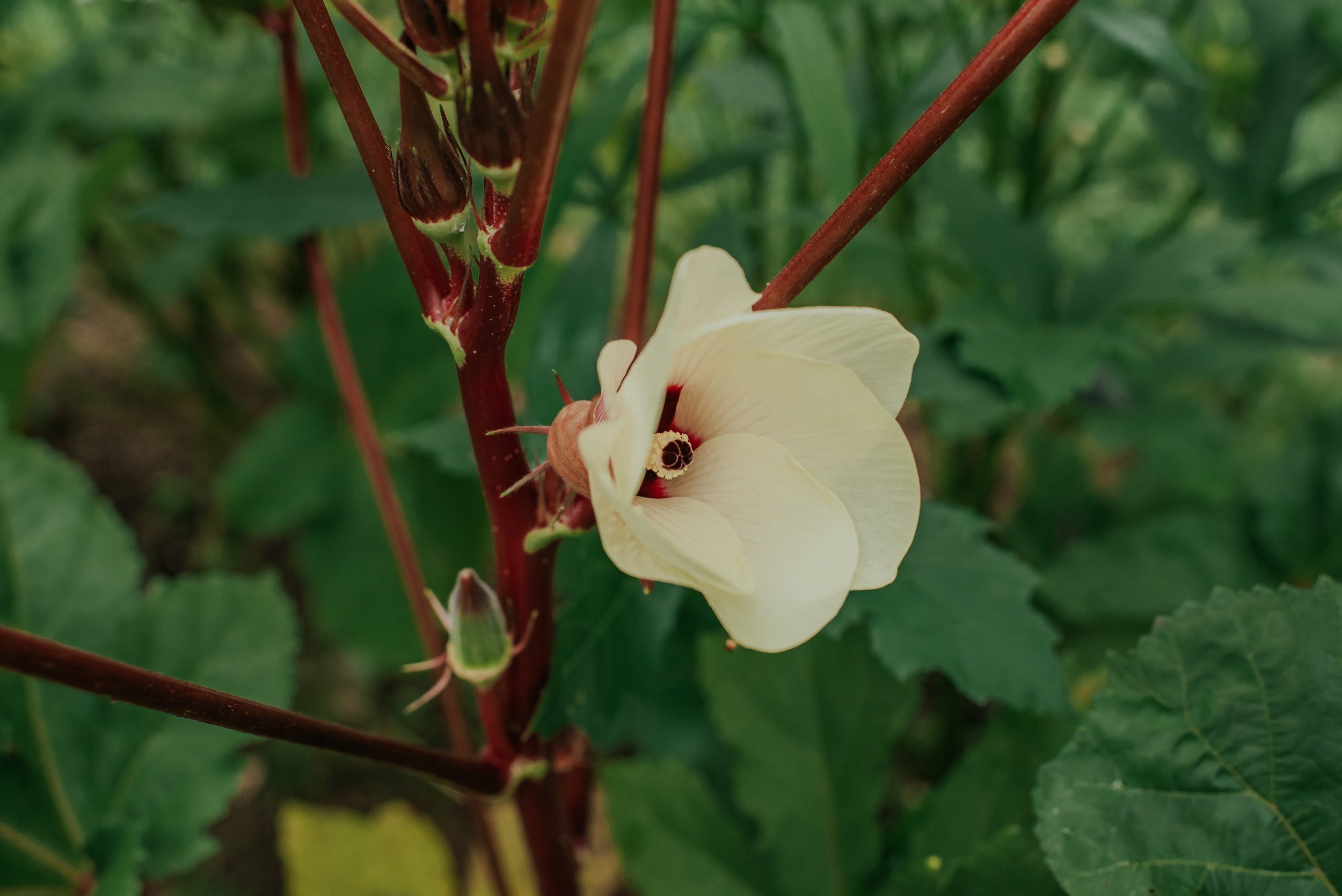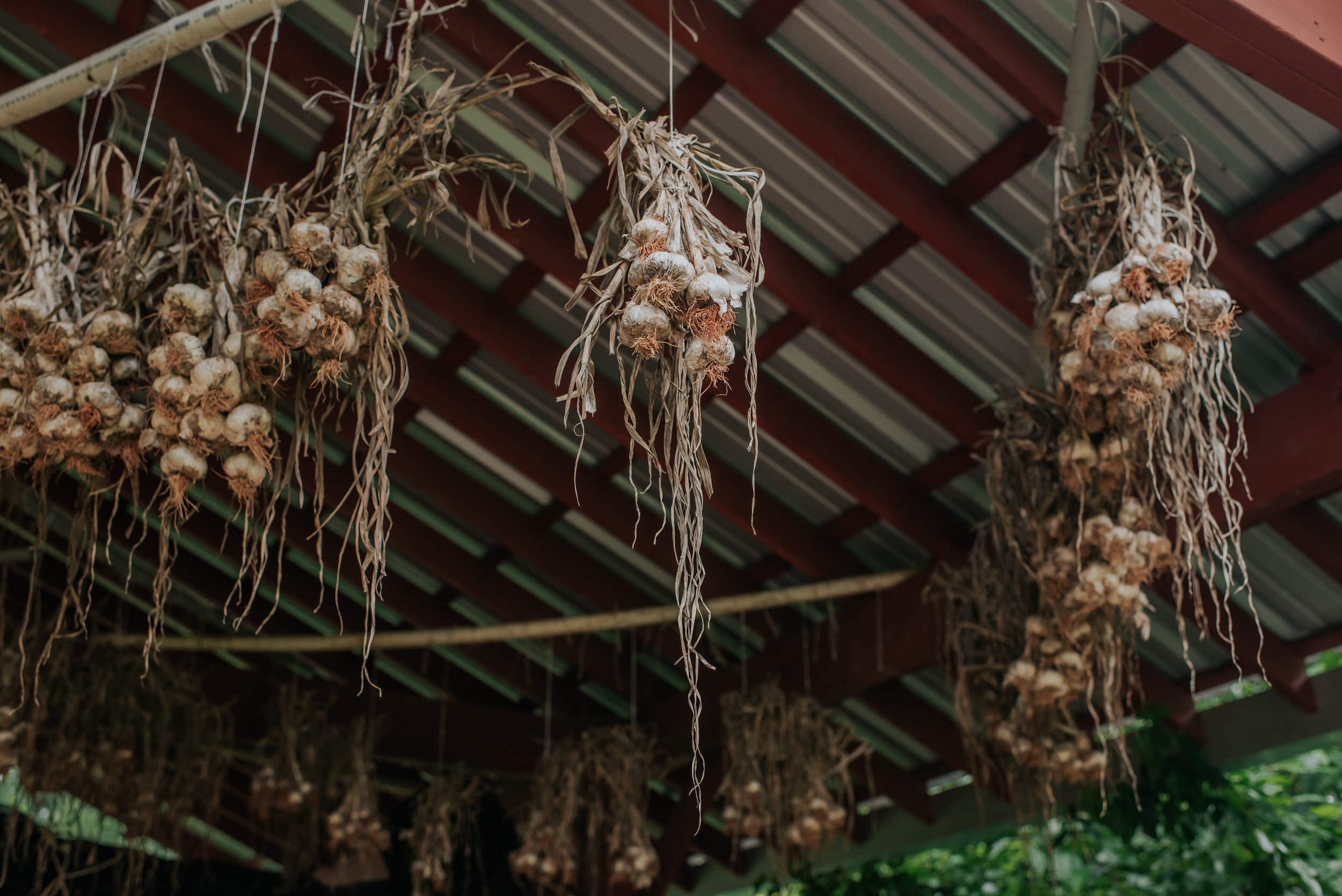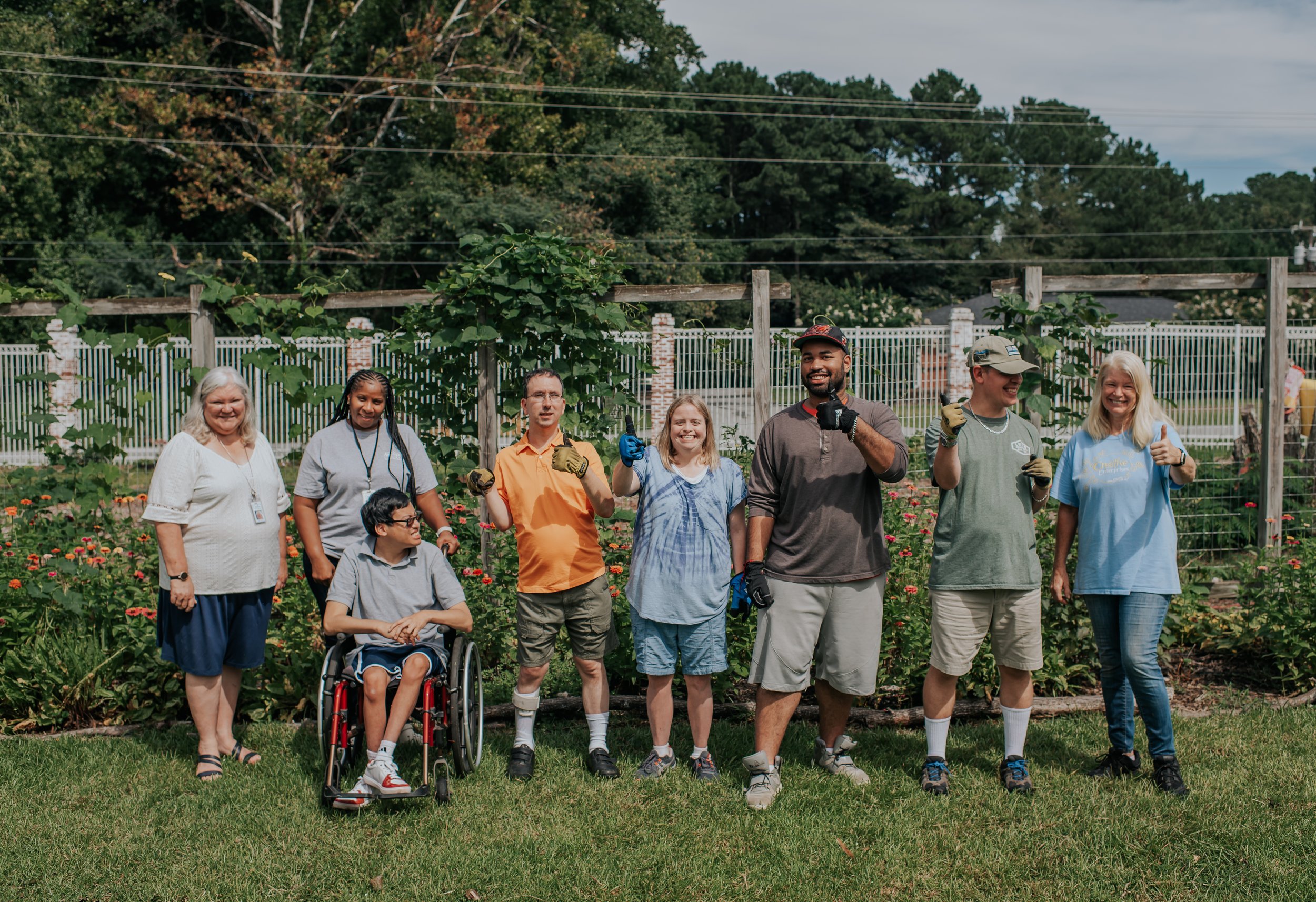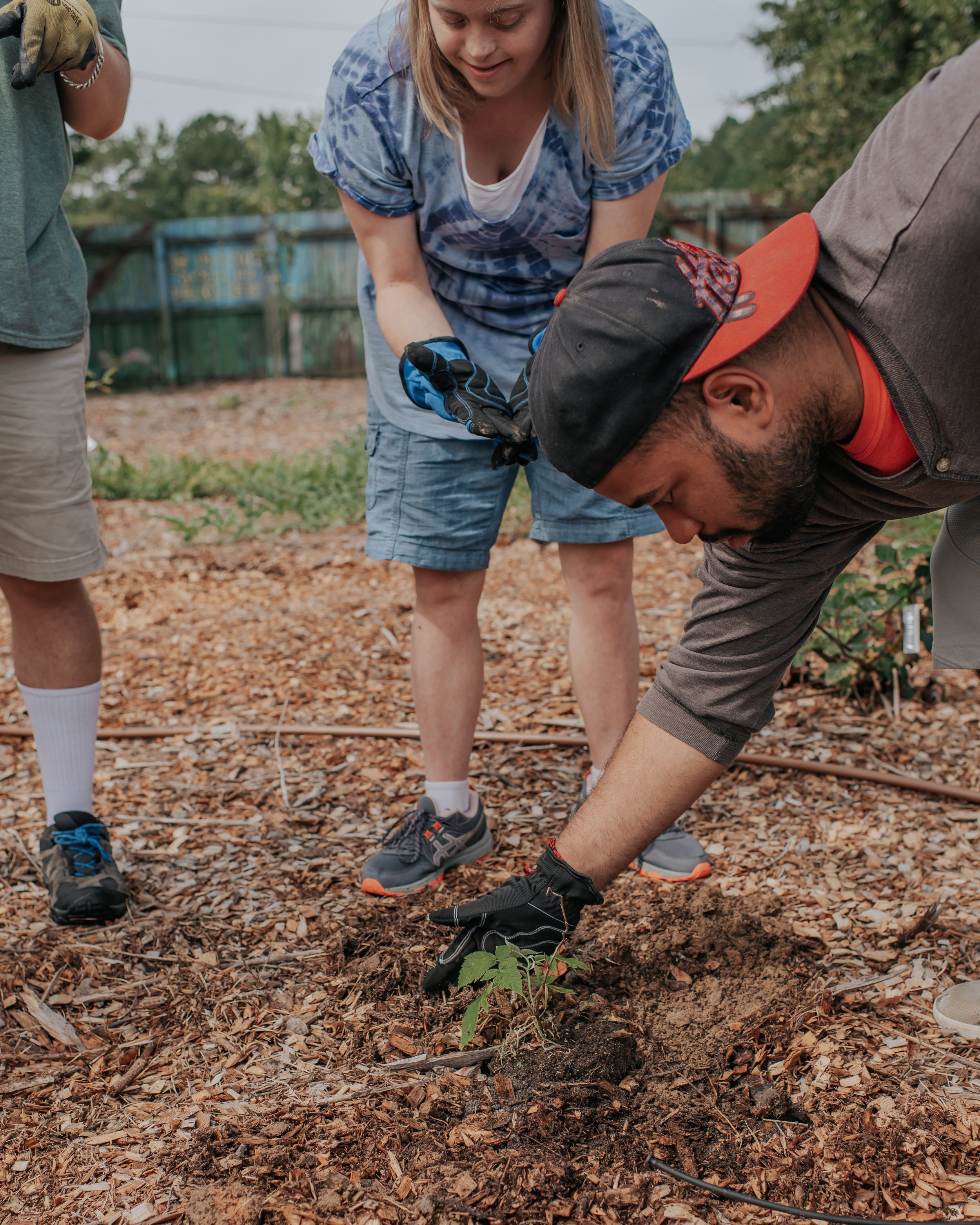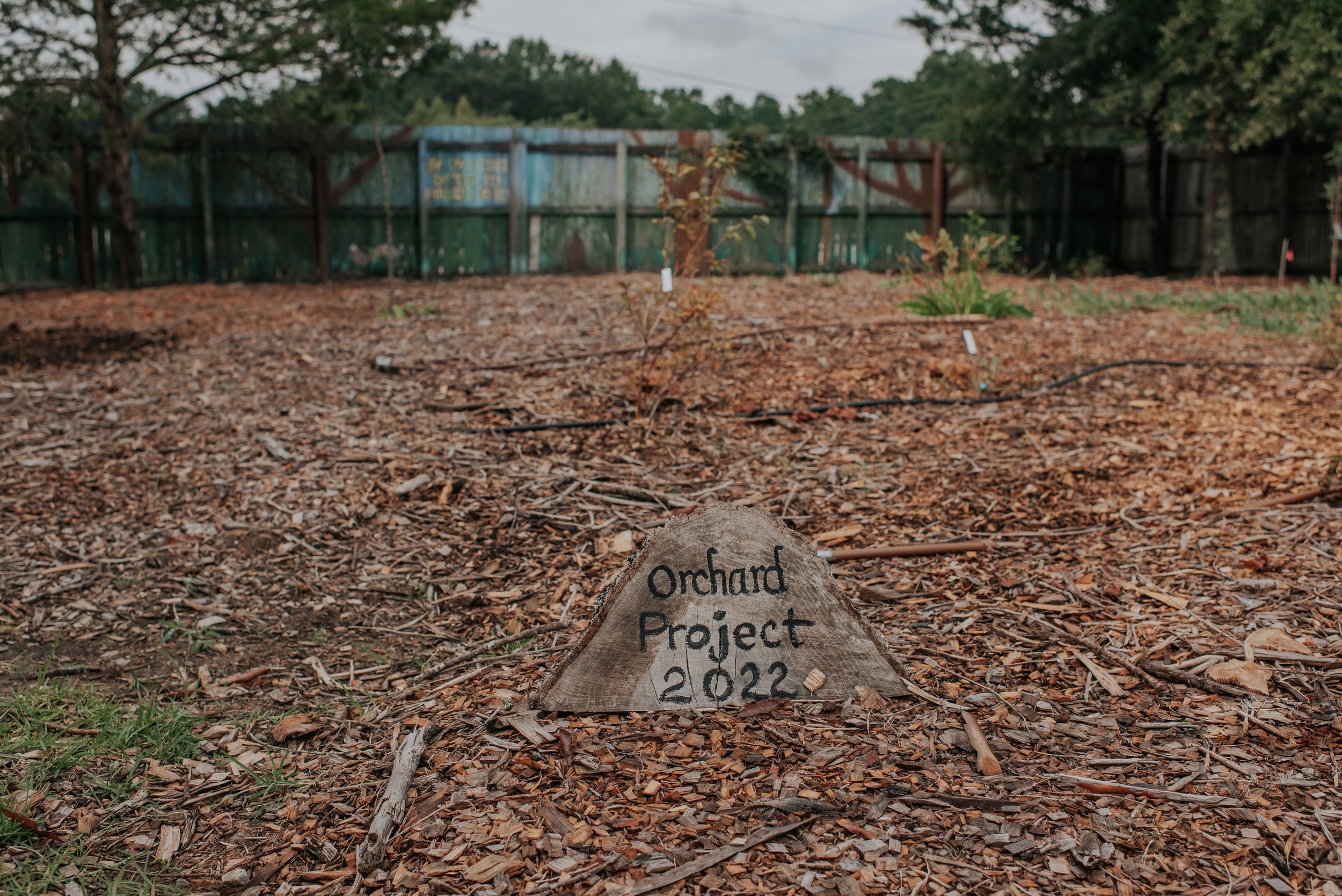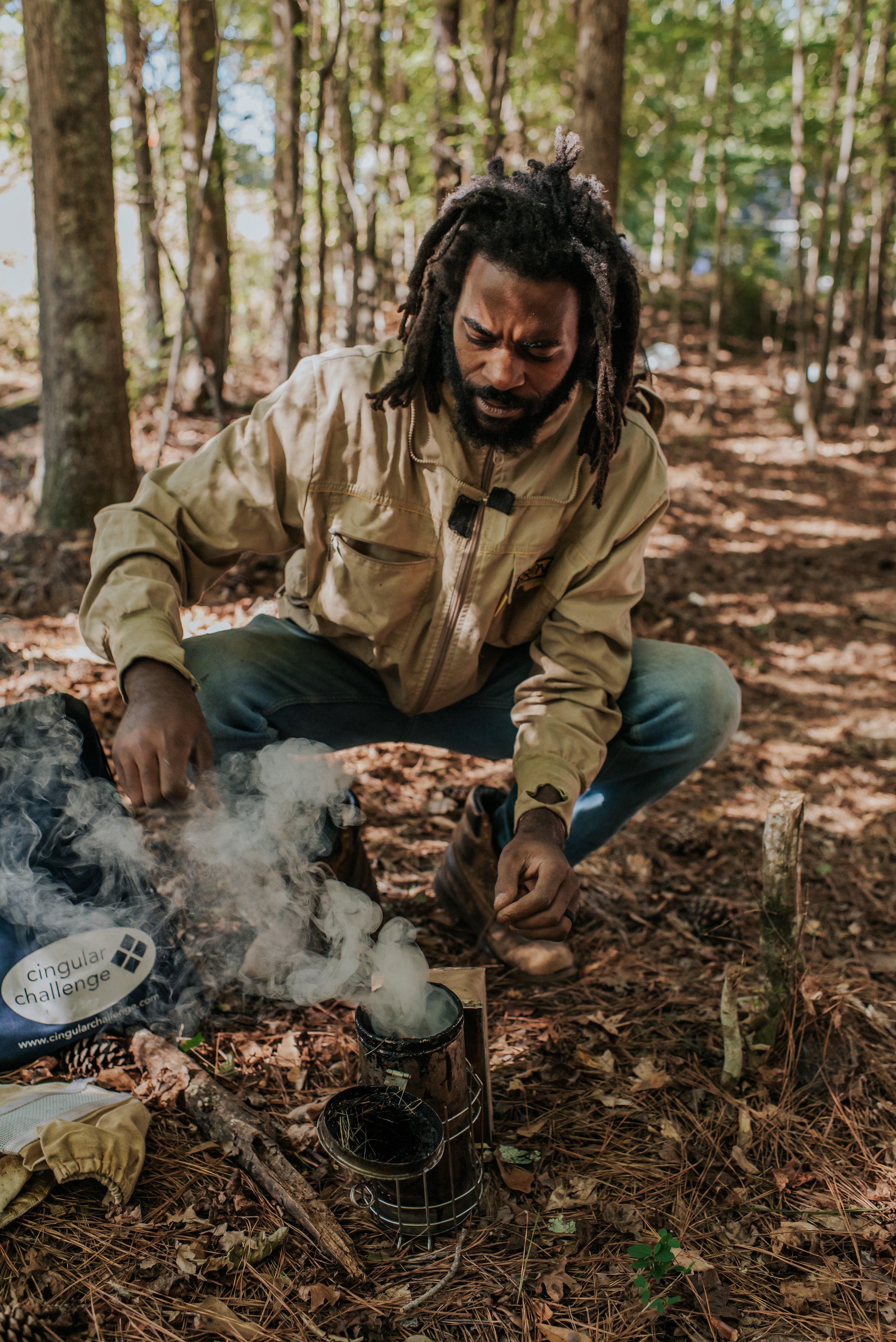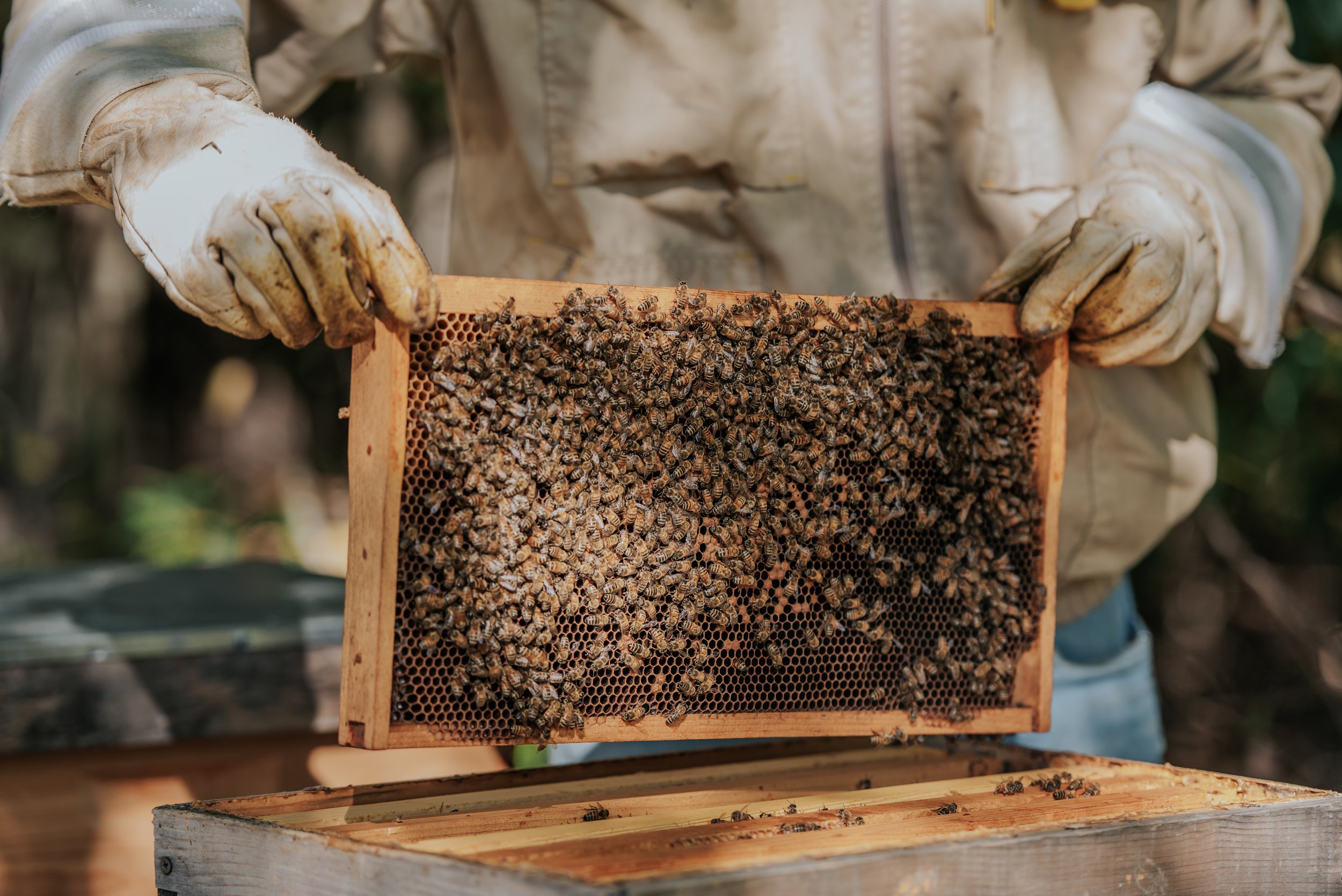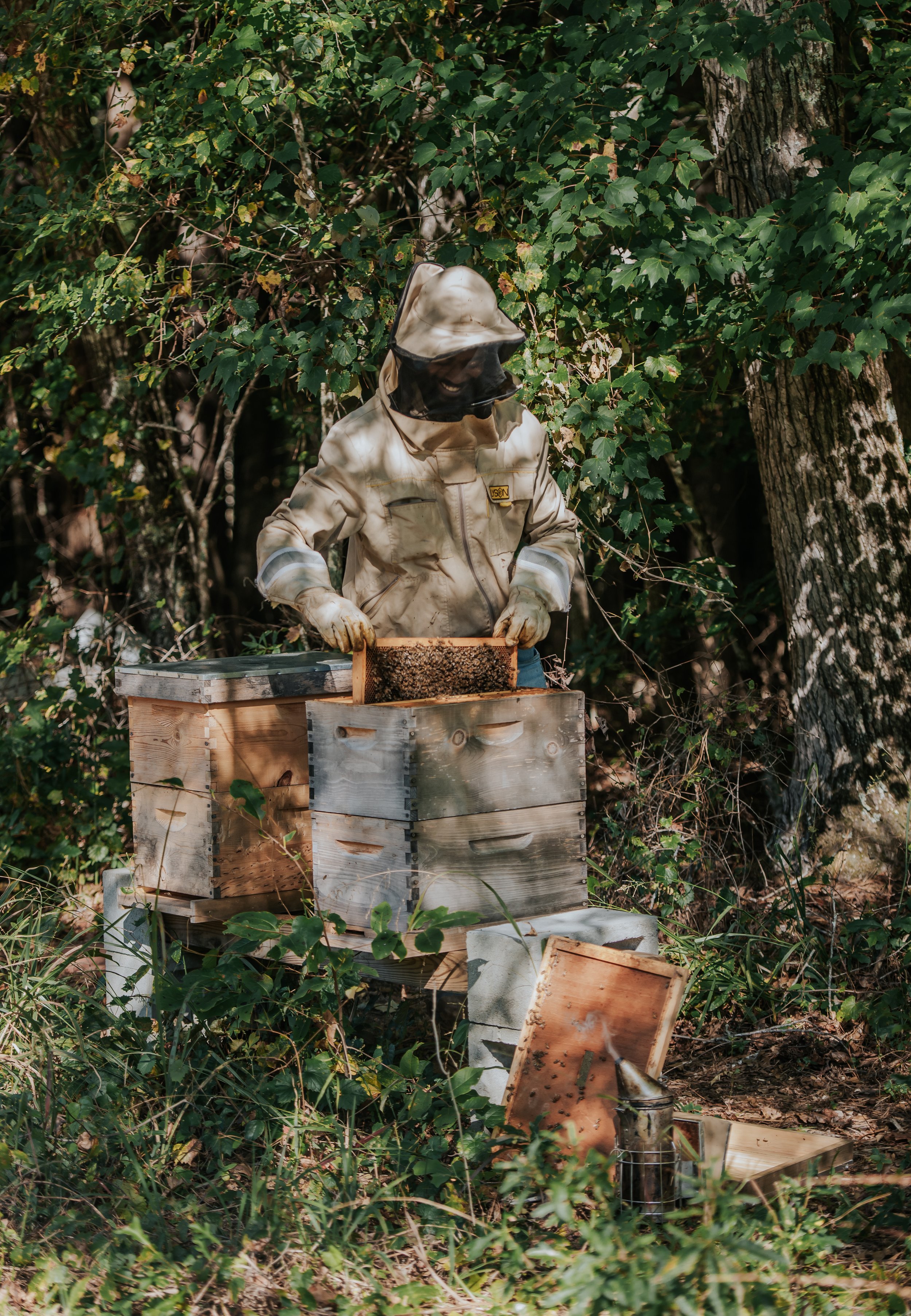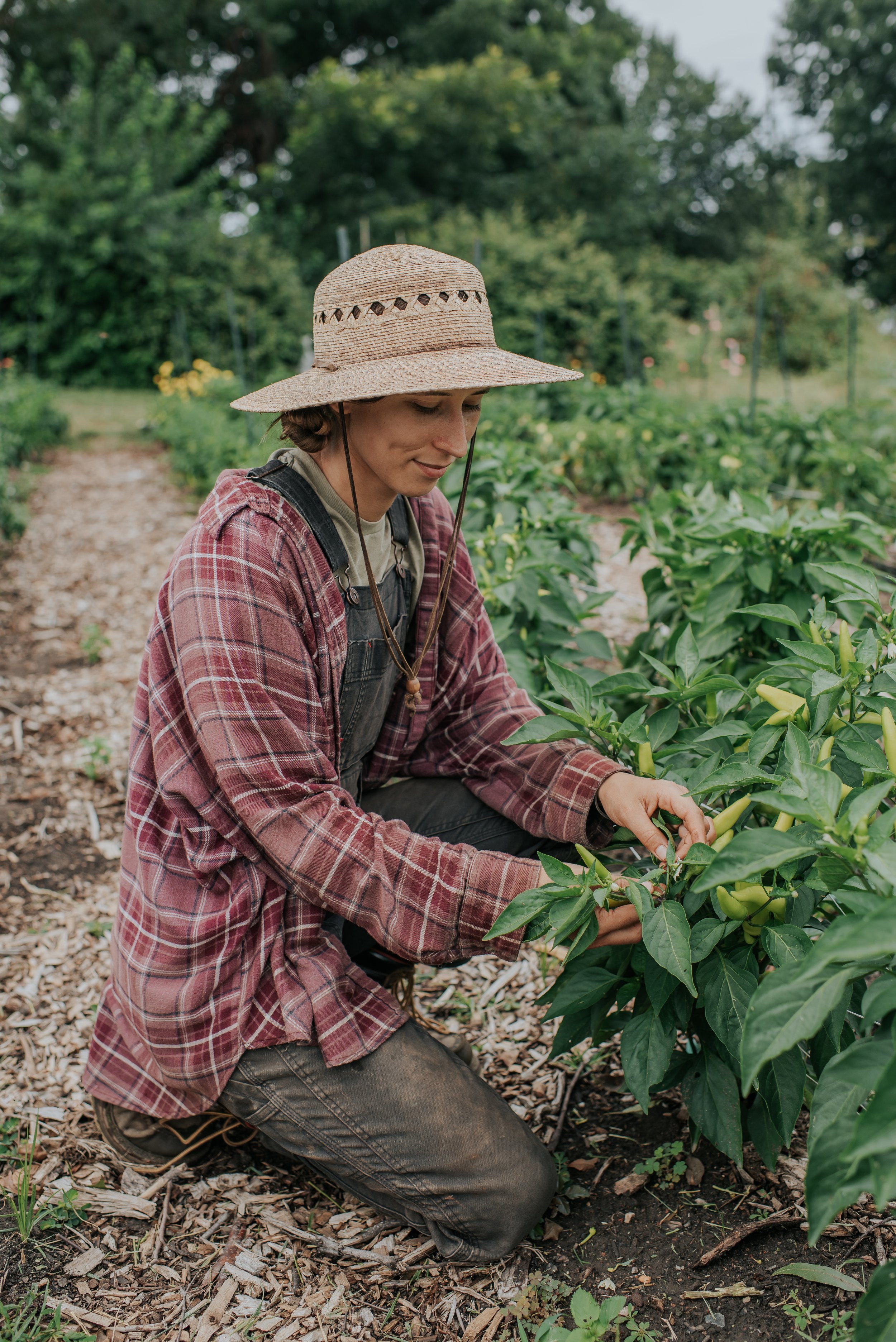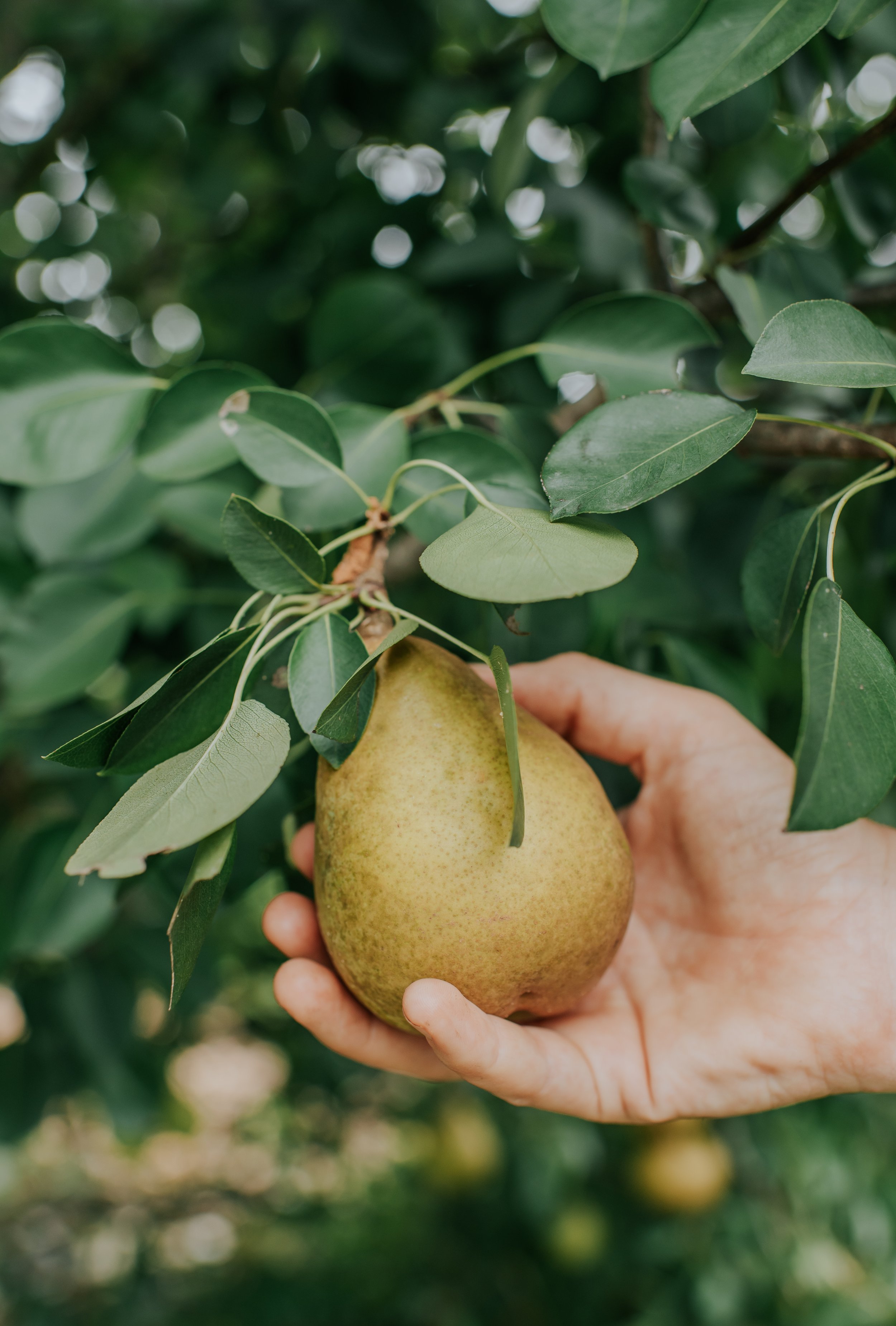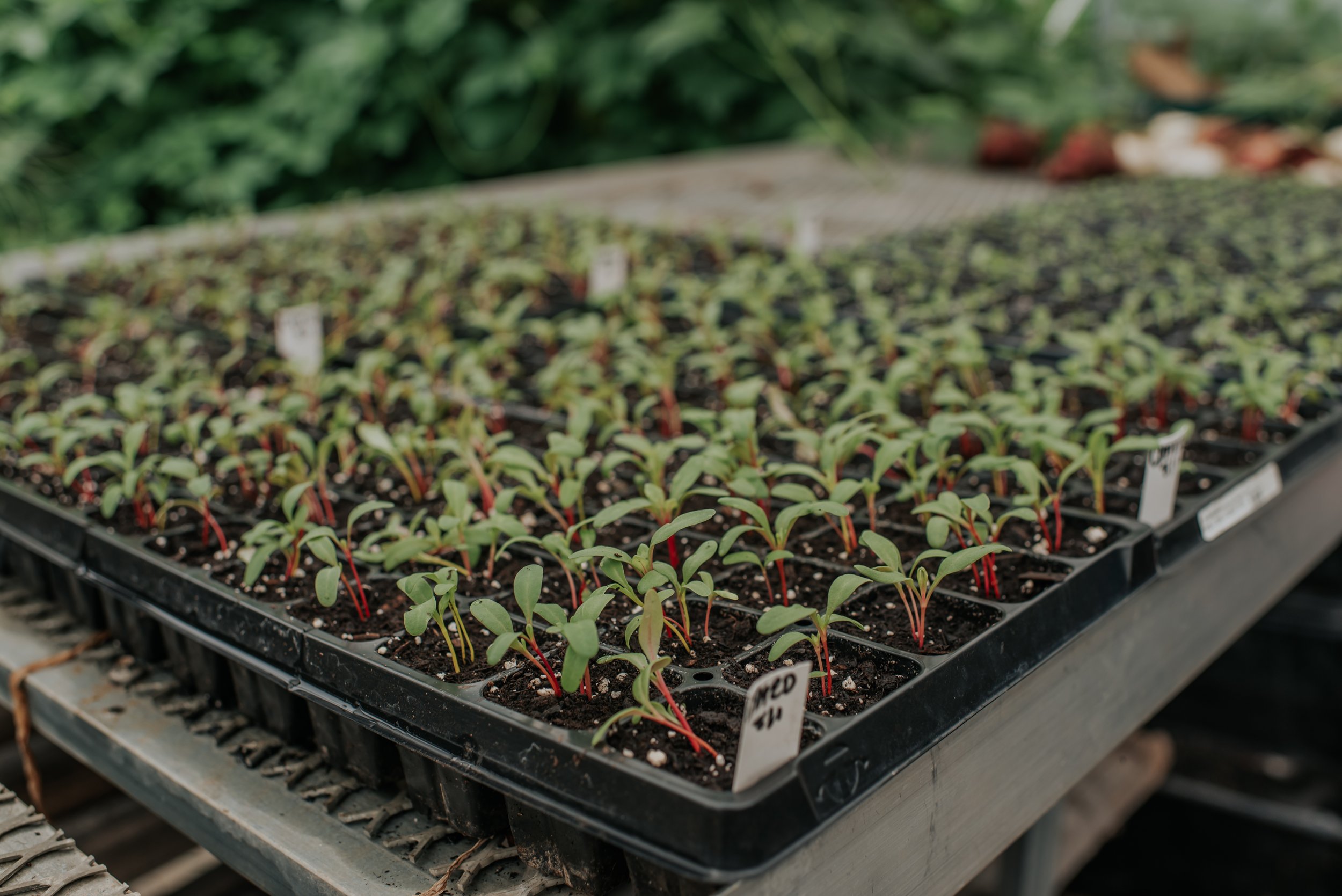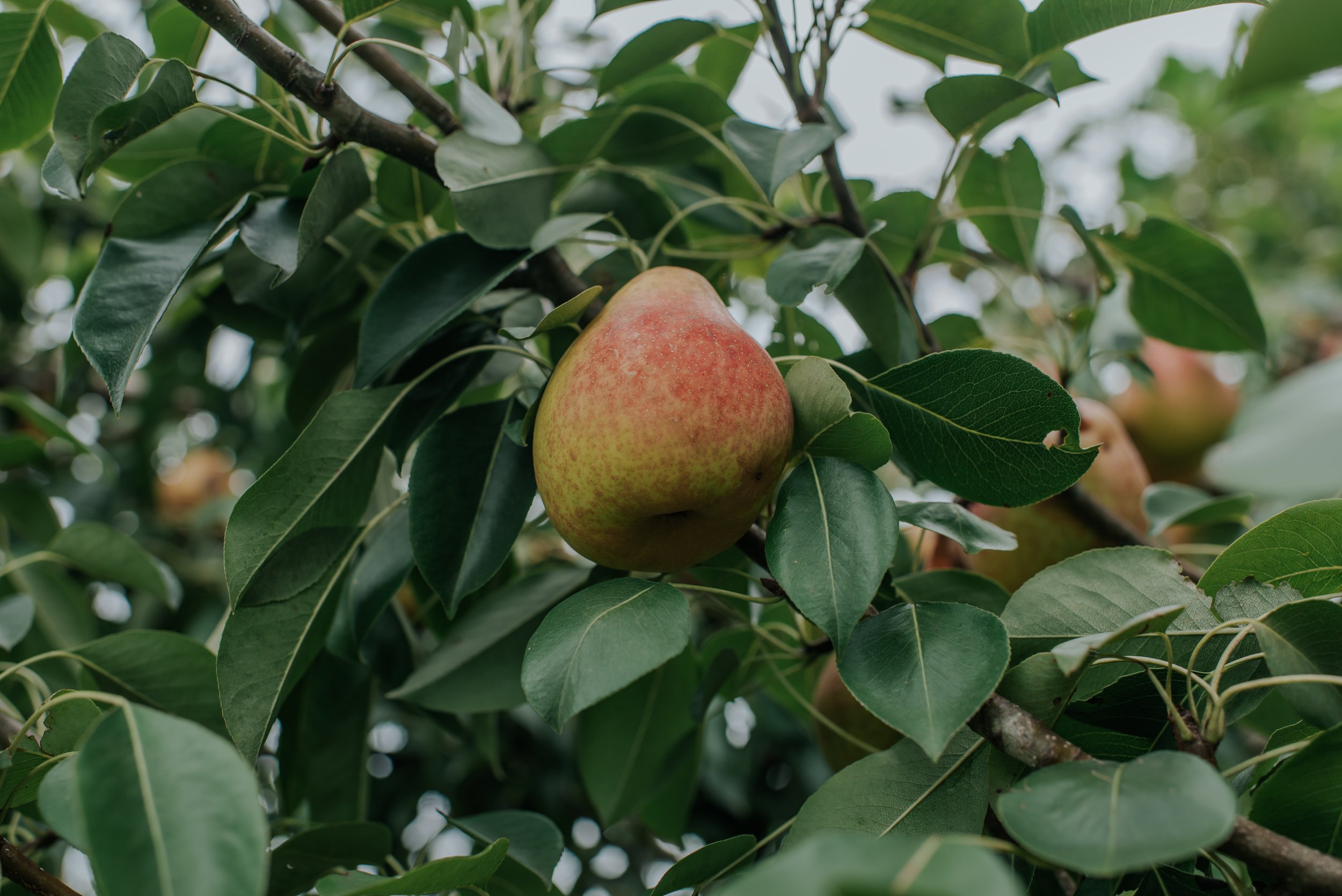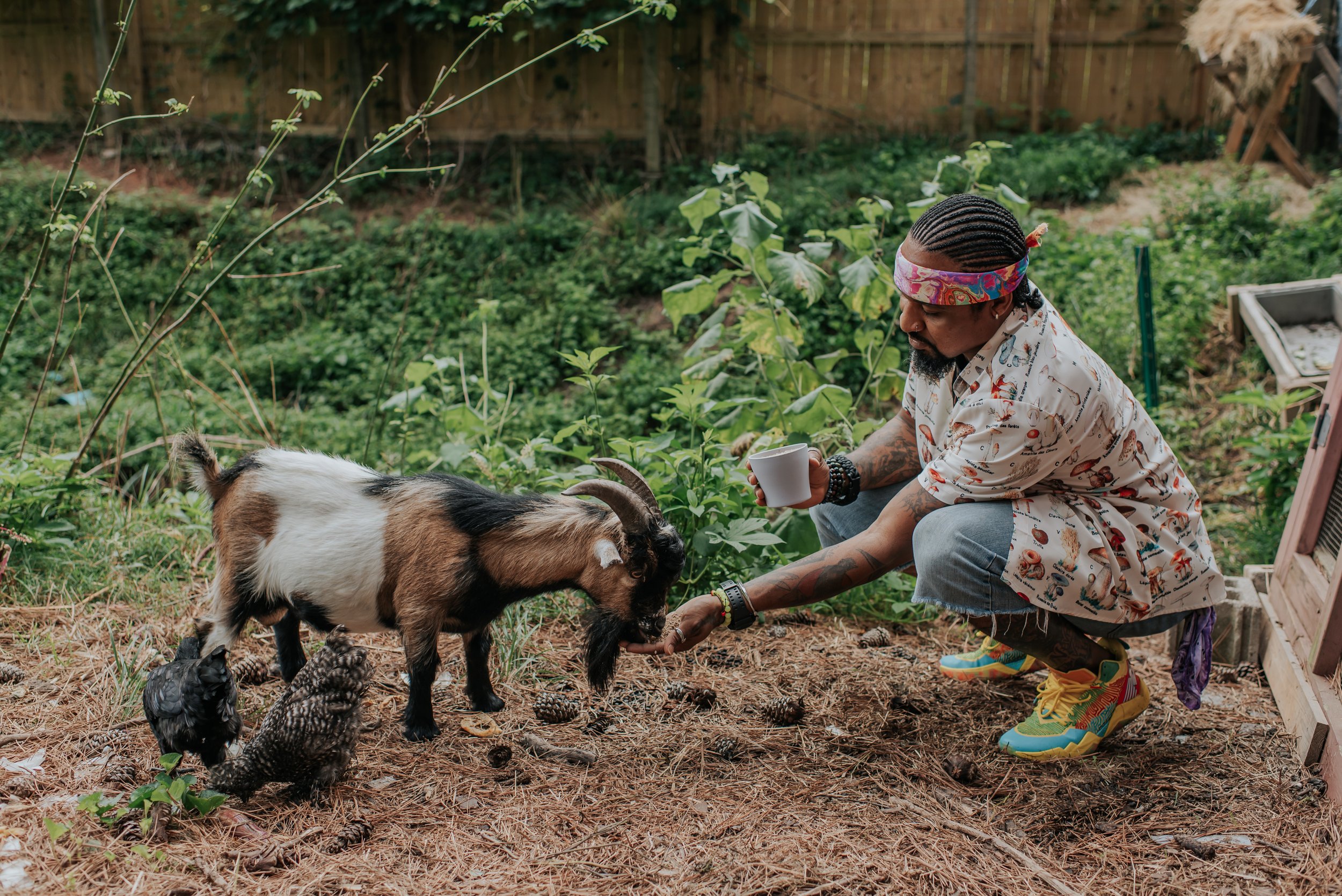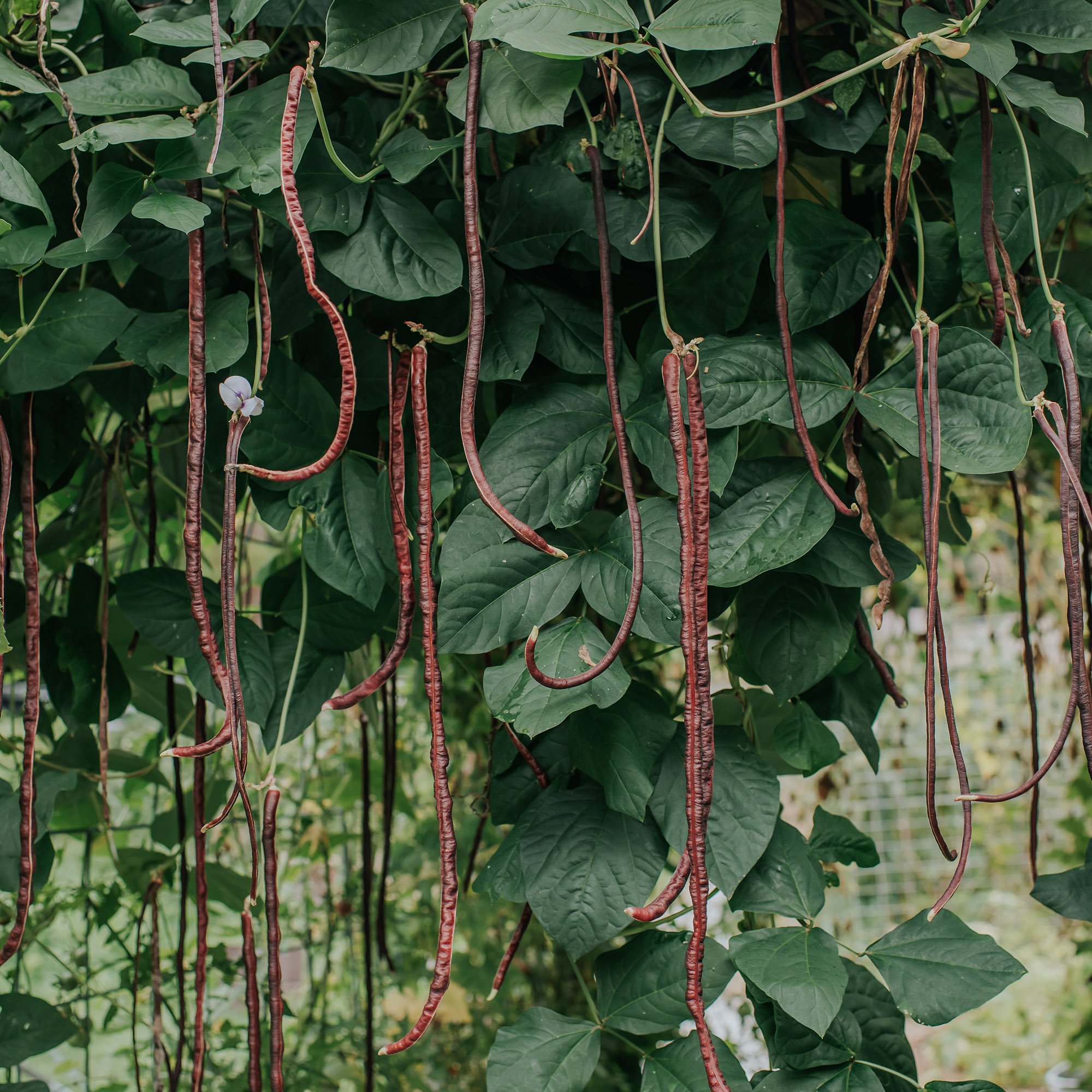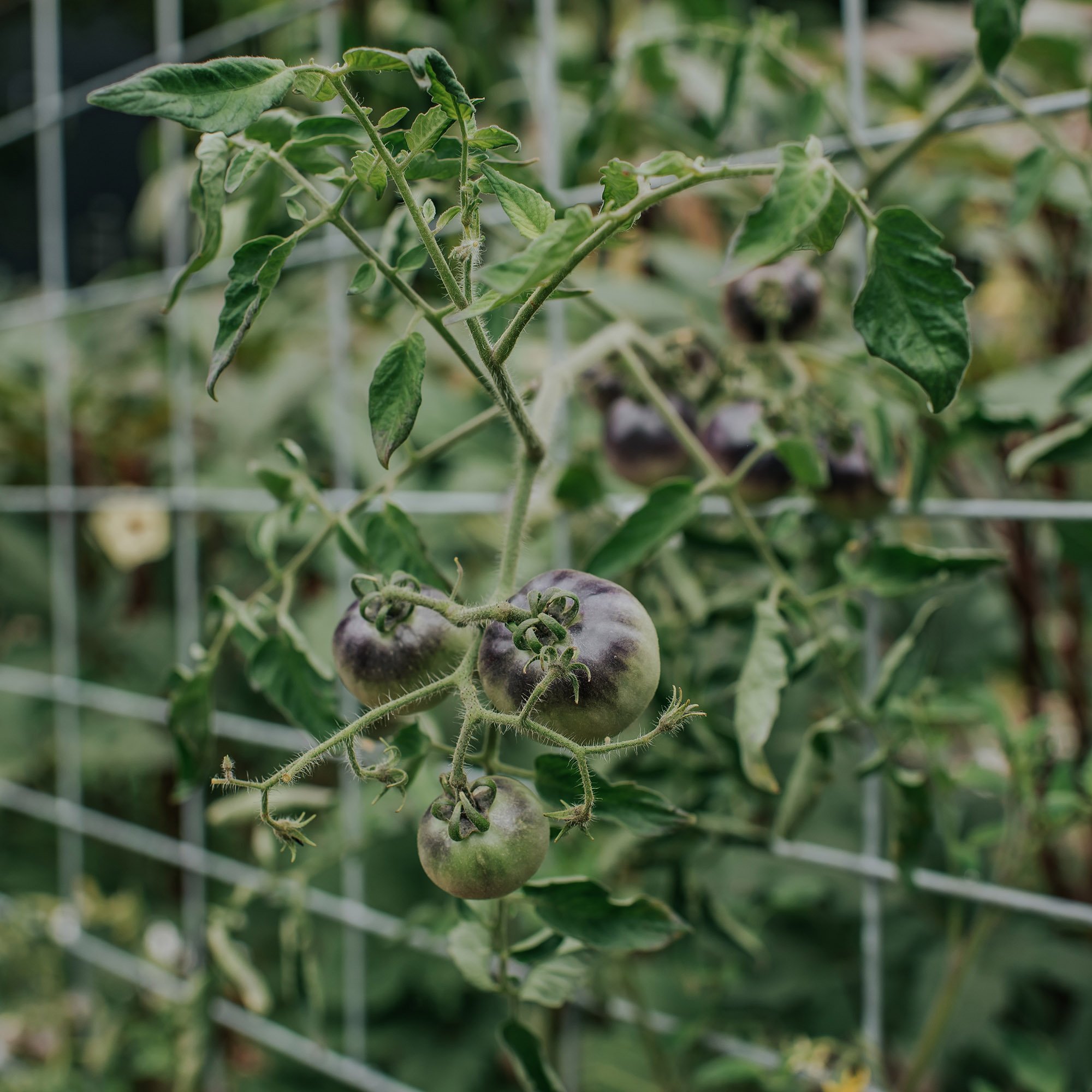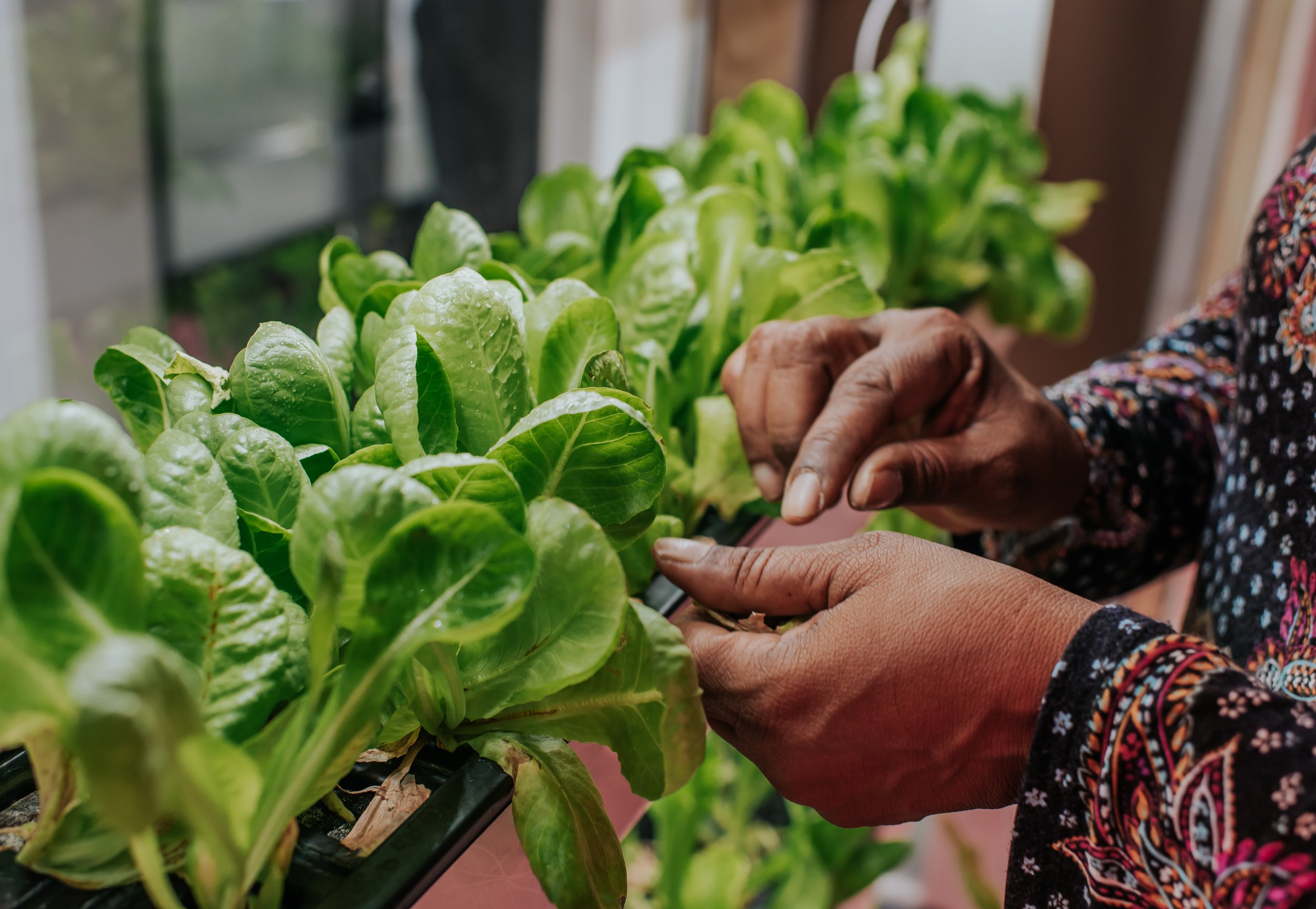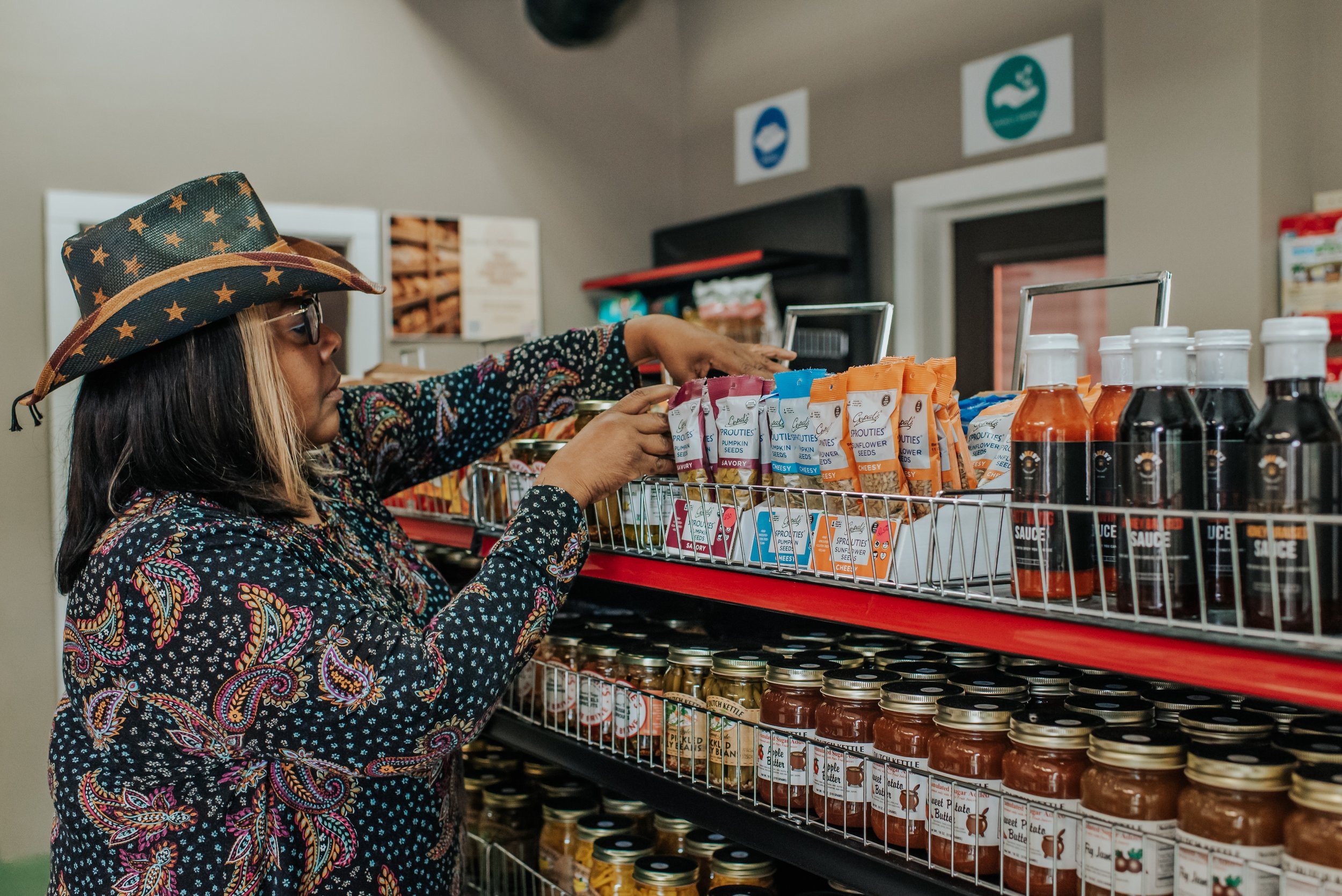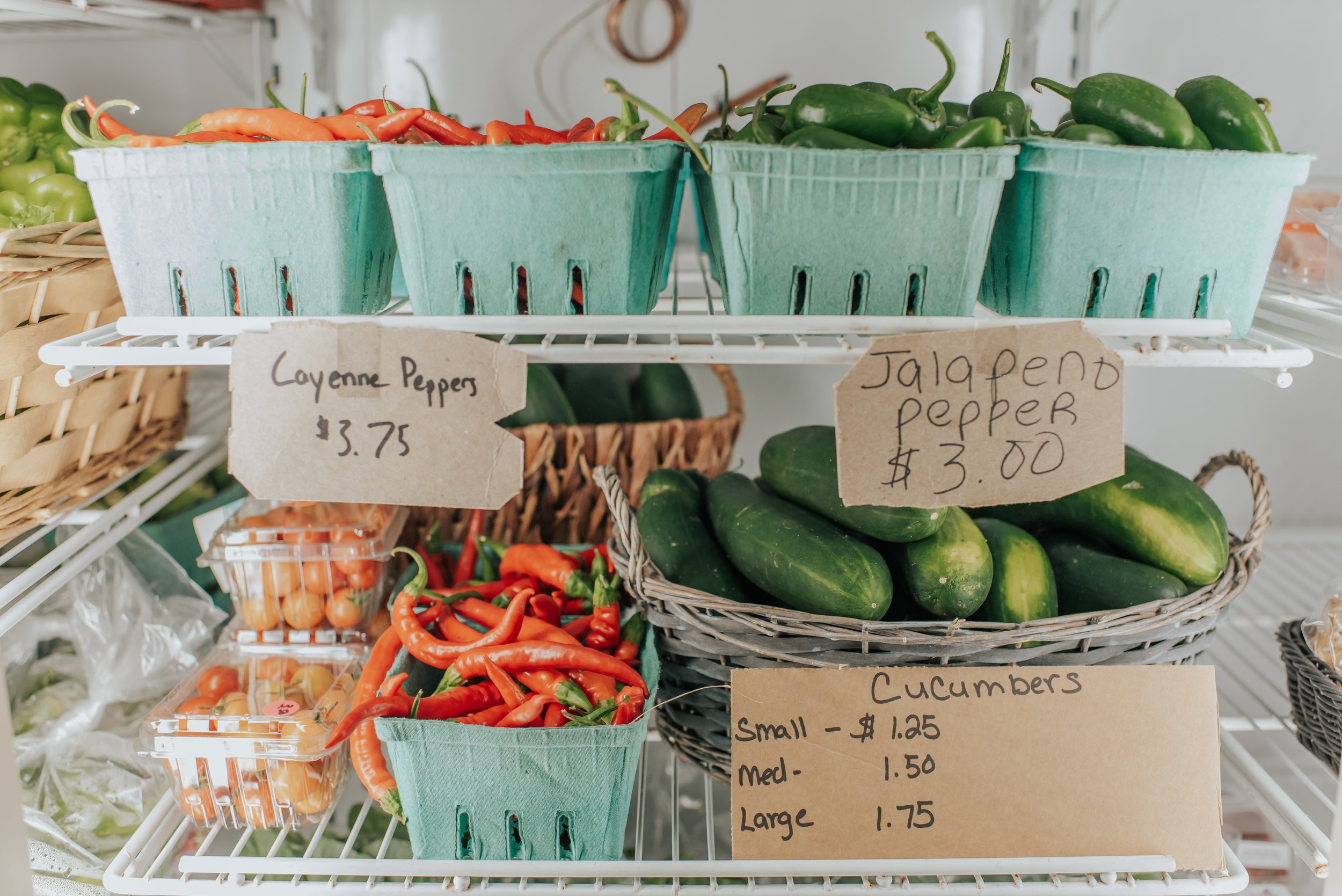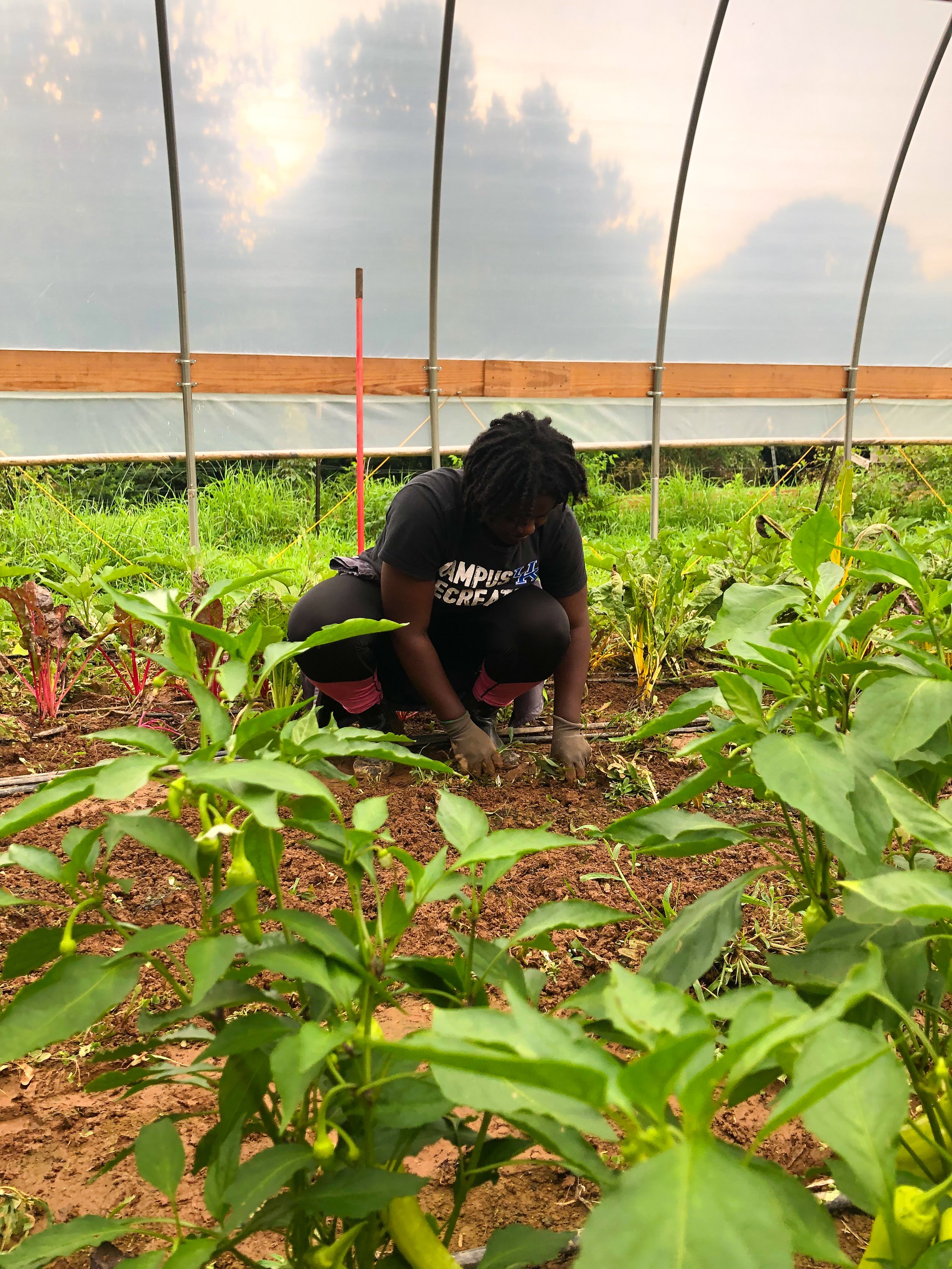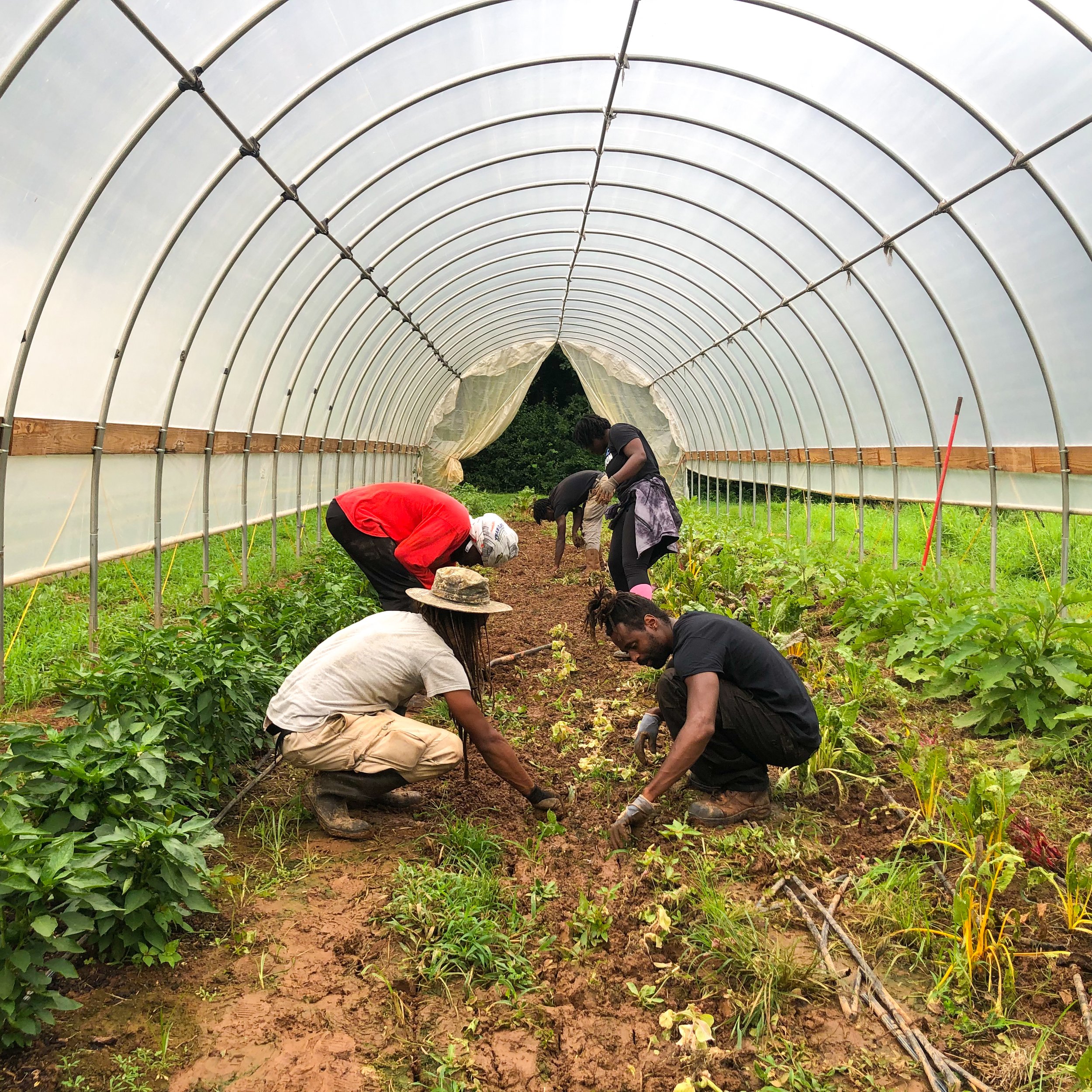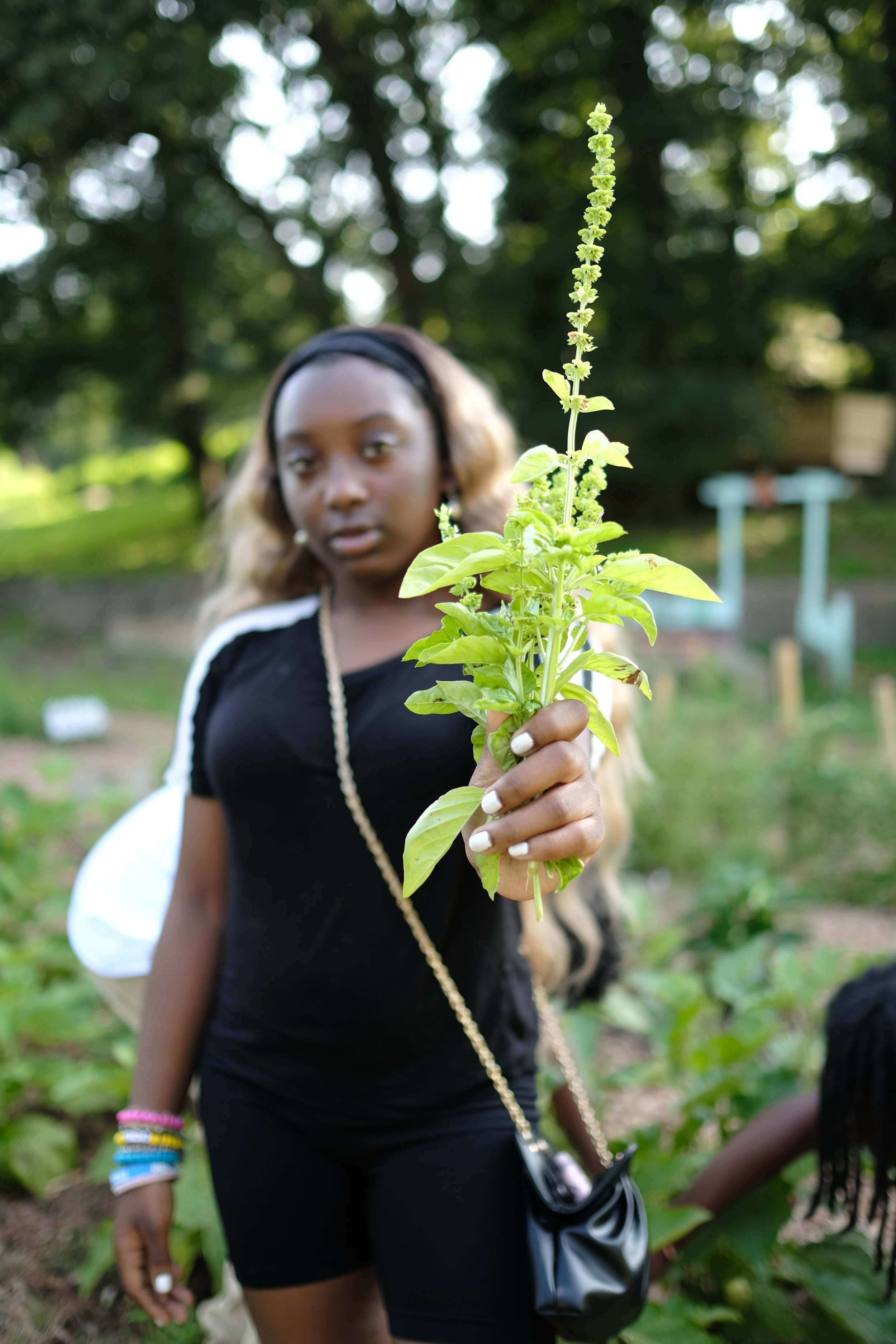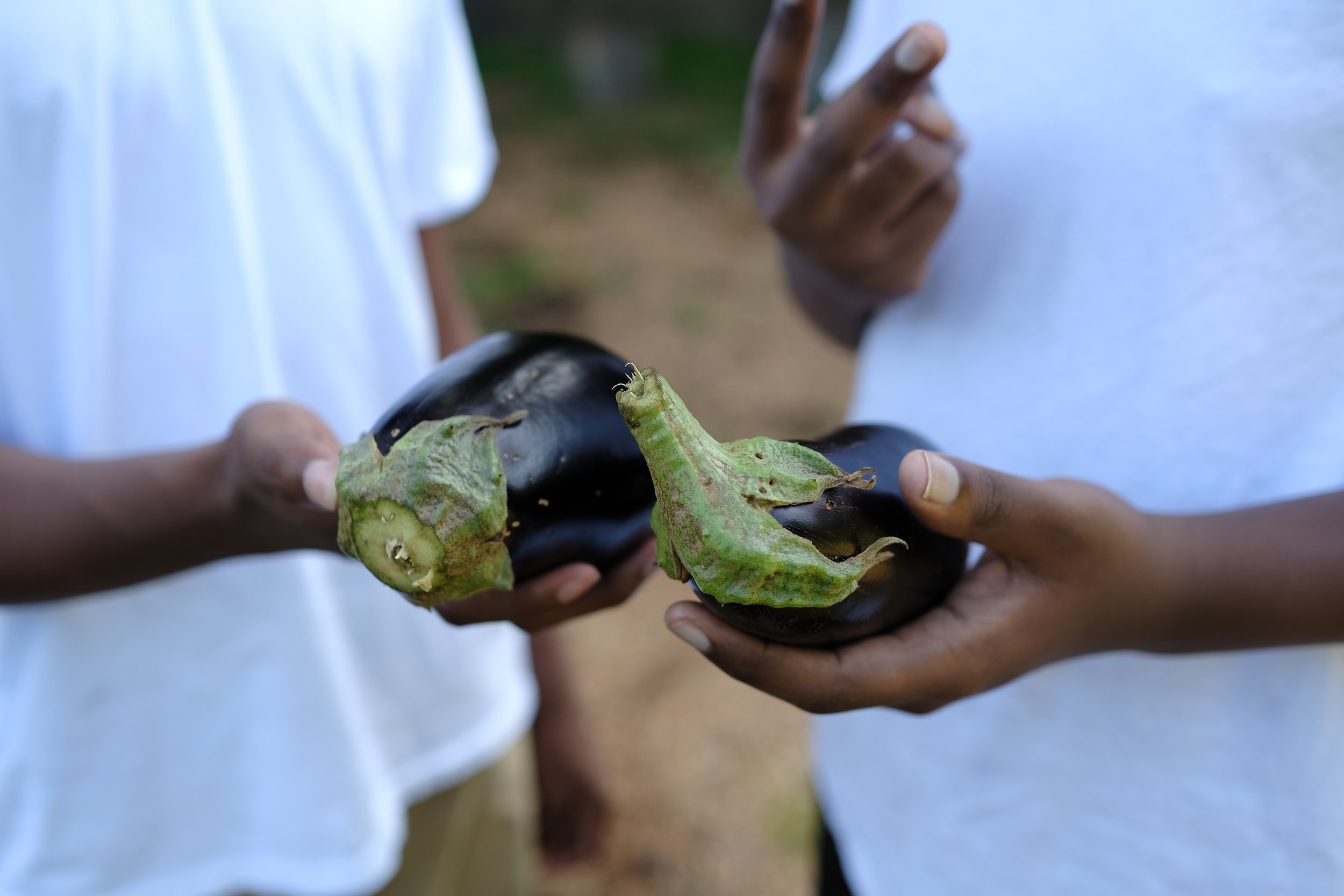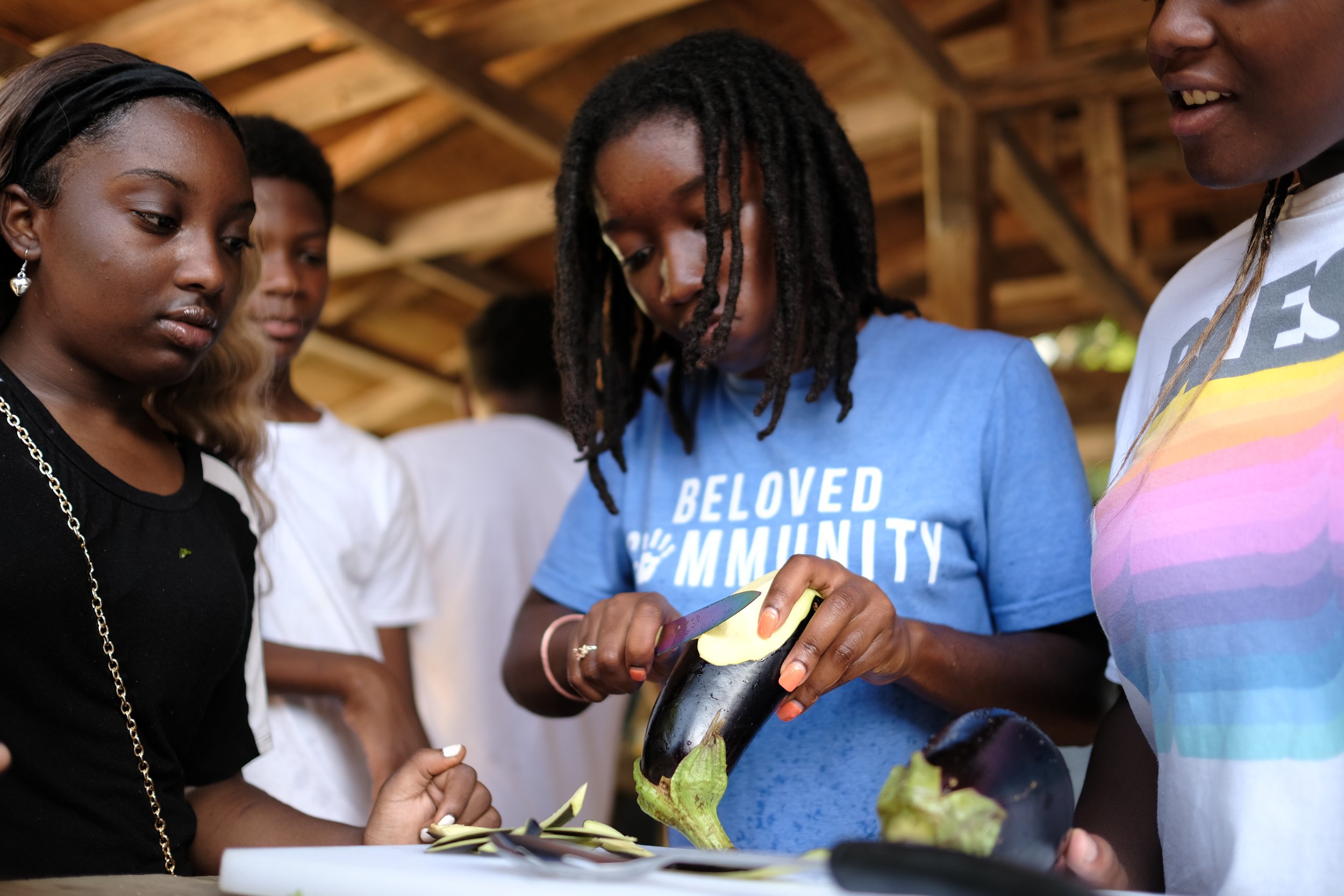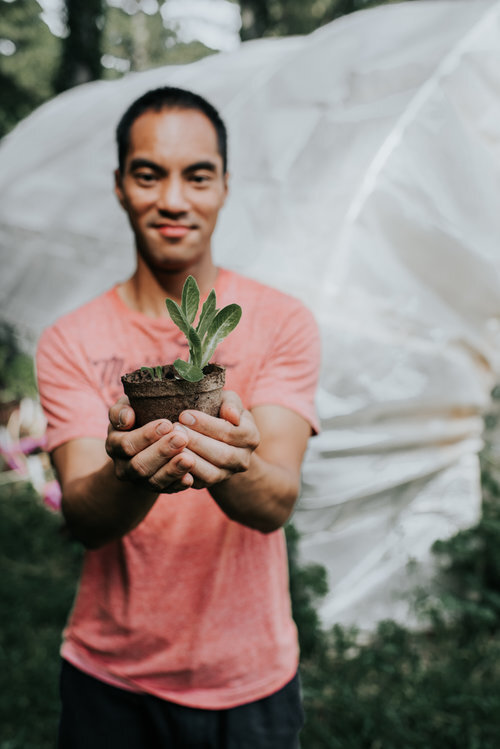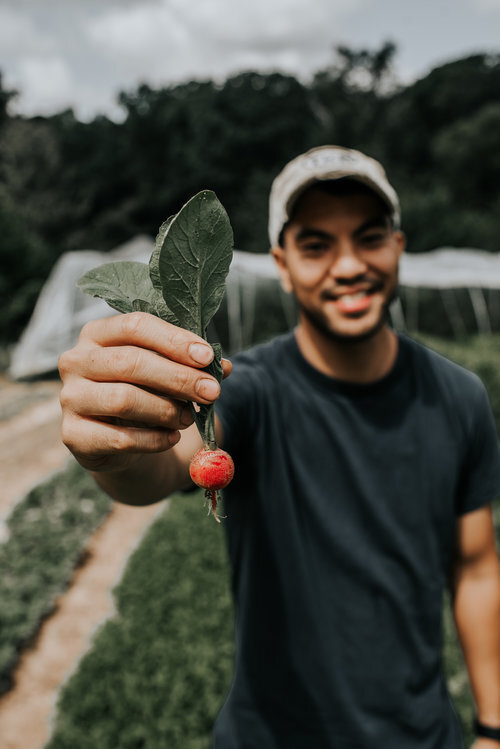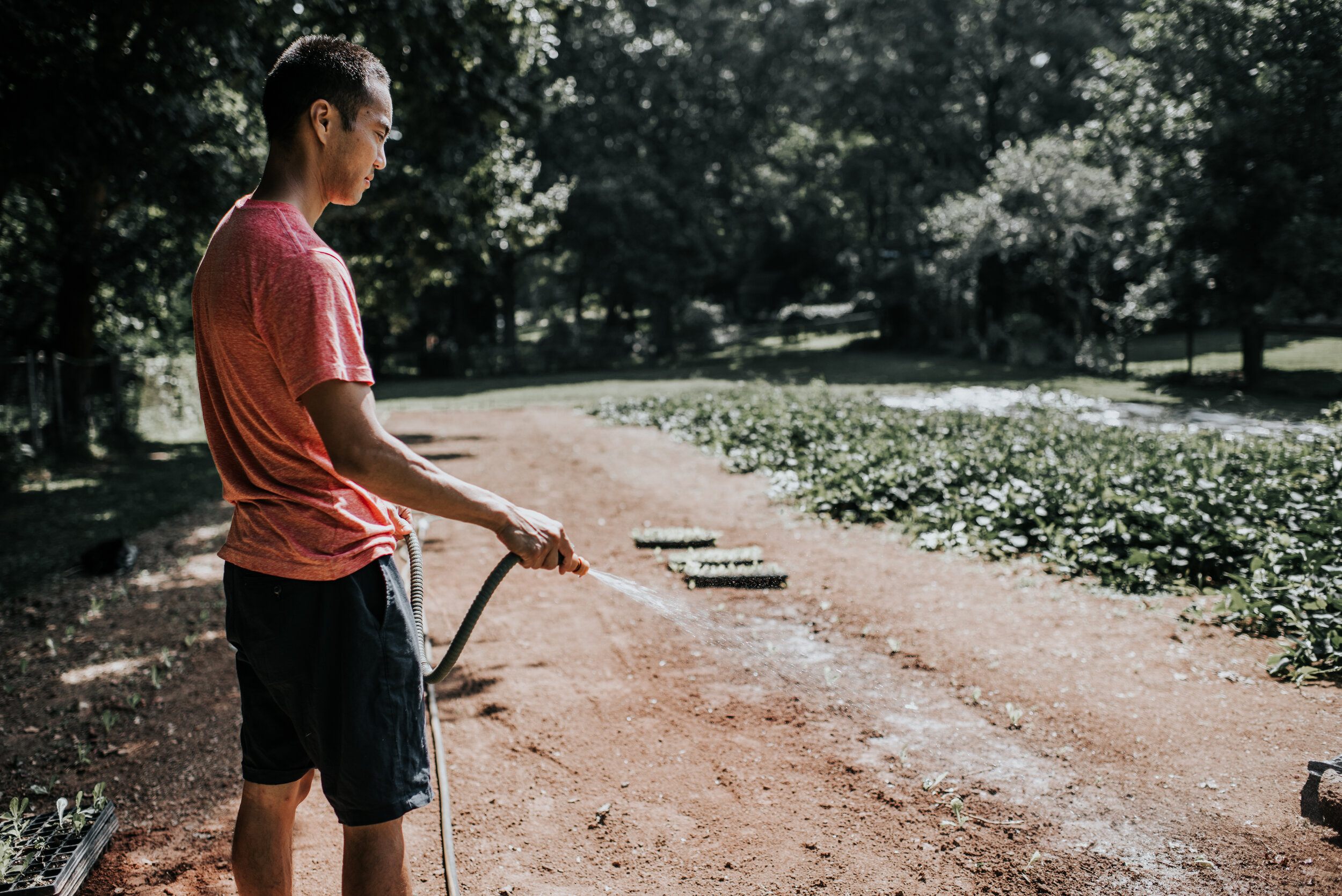Rajesh Gupta | Jolly Avenue Community Garden
/Rajesh Gupta
Jolly Avenue Community Garden
Clarkston, DeKalb County
In the heart of one of America's most diverse neighborhoods lies the Jolly Avenue Community Garden. Step into this vibrant space, and you’ll discover cultures and traditions that make up the community of Clarkston. Garden manager Rajesh Gupta wants to ensure that the Jolly Avenue Community Garden reflects the diversity of Clarkston's population. The garden includes 73 families from 12 countries, speaking at least 16 different languages (though Rajesh suspects the actual number is even higher). Here families have the space to cultivate their own food and enjoy nature just a short walk from their homes.
Currently, all the families growing here came to the United States as refugees or asylum seekers. Each grower brings the knowledge, techniques and flavors of their homeland and requires little guidance on how to cultivate their crops. Rajesh focuses on supporting the families in other ways by fostering connections through potlucks and providing gardening tools and seeds. Most of the growers have a 9x9 plot and take advantage of vertical space to grow even more food. Various materials from bamboo to hollowed-out box springs are repurposed to construct trellises. “I’m always so impressed by how people can engineer and put things together,” said Rajesh, who often brings found materials to the garden for the members to use. “I’m amazed by the commitment of the growers in this community and the people who use this garden. It's really amazing how much people can grow, how committed they are to the space and how much work they put into their plots.”
With such a diverse group of growers, one of the biggest challenges is communication. To help bridge this gap, Jolly Avenue Community Garden hires students from Clarkston High School through their Growing Leaders internship program. Over the last year, they’ve employed 8 Growing Leaders who are just as diverse as the community they serve. “I always rely on them a ton as translators on a day-to-day basis at the garden,” said Rajesh. The students also play a key role in helping maintain every aspect of the garden, from helping prepare programming for the garden’s summer camp to conducting surveys and assisting with registering garden members in the spring.
Over the years, Jolly Avenue Community Garden has tapped into many of Food Well Alliance’s resources including an orchard that will be available to anyone in the community. “We want to preserve food traditions and be a point within this community where people can come and access fresh, healthy food. When these families come to America, it’s very easy to fall down some not-so-healthy paths. So being able to offer fresh, healthy food to anyone who comes and visits the space is another way we can help fulfill food needs,” said Rajesh.
This year, the community garden received a $10,000 Garden Forward Grant from Food Well. Rajesh used some of the funds to place a new water line and hire two garden members to install it. “I was able to pay them for their labor and pay for the materials out of the grant. When we get grant money and I can pump it back into the people who live in the community, it’s a double win.” Now it’s easier to water plots at the back of the garden.
“Food access and food security are big problems that we’re all fighting. It takes resources and people in all different walks of life, and it affects everybody,” said Rajesh, speaking on the importance of support from donors and volunteers. “So when people come together to support these places, it allows us to continue offering services and building spaces to reach more populations.”
